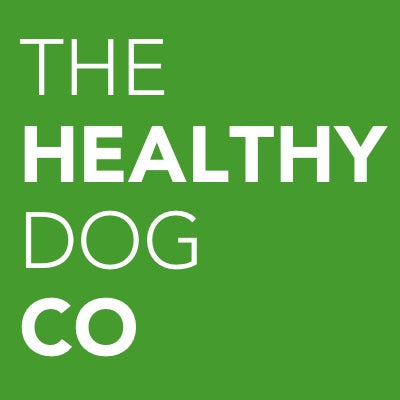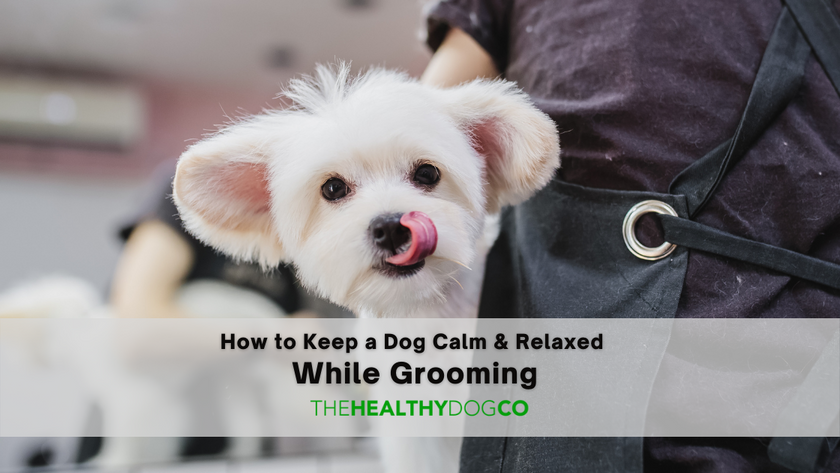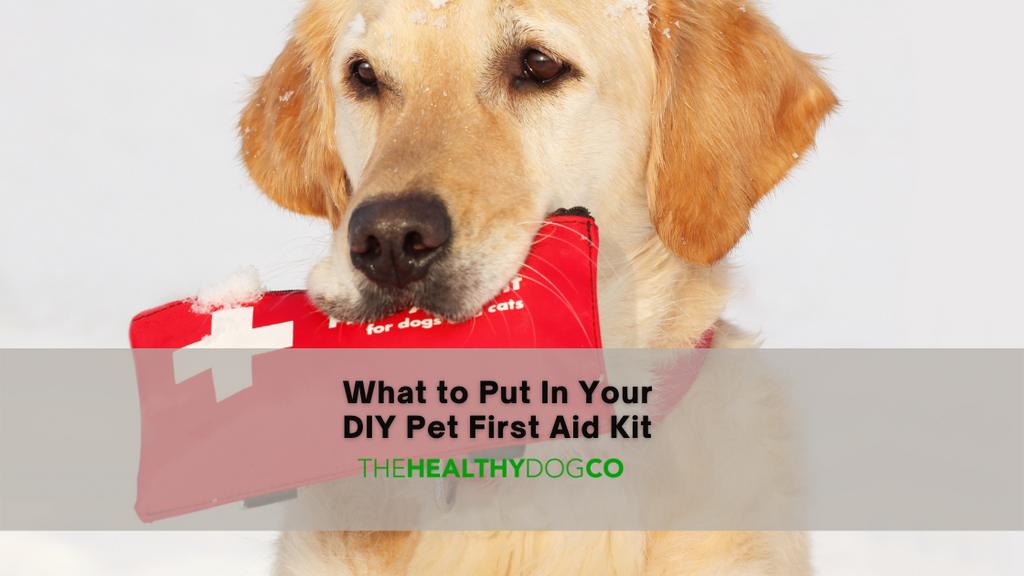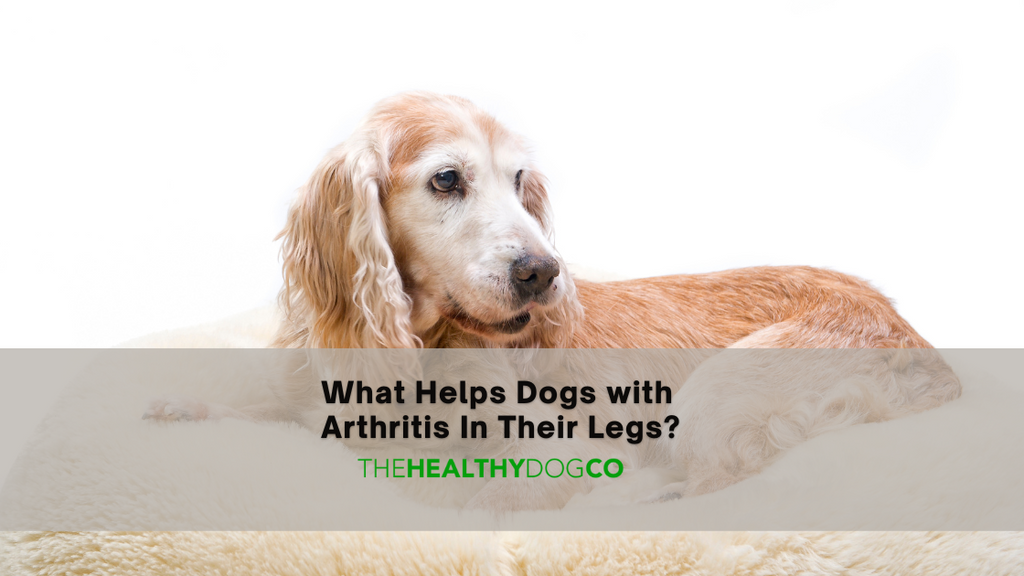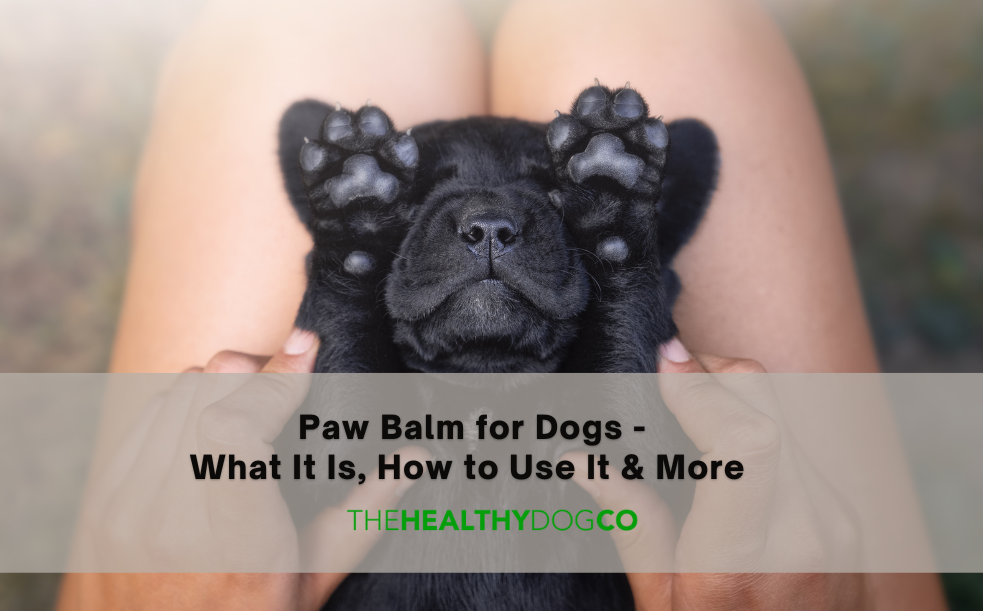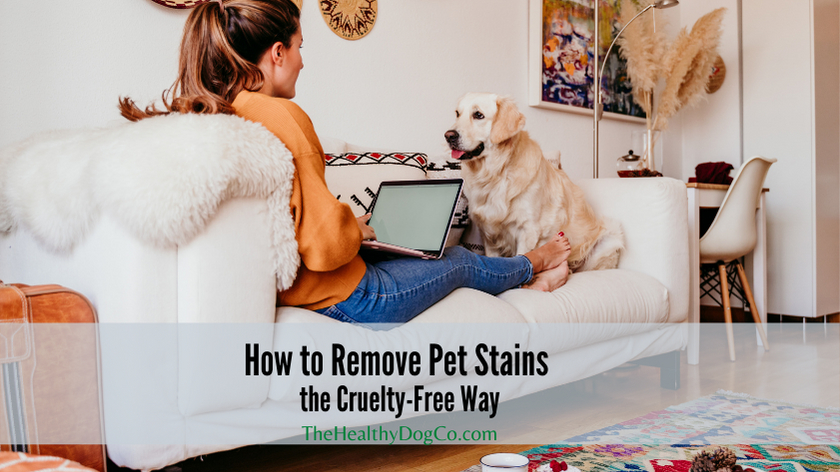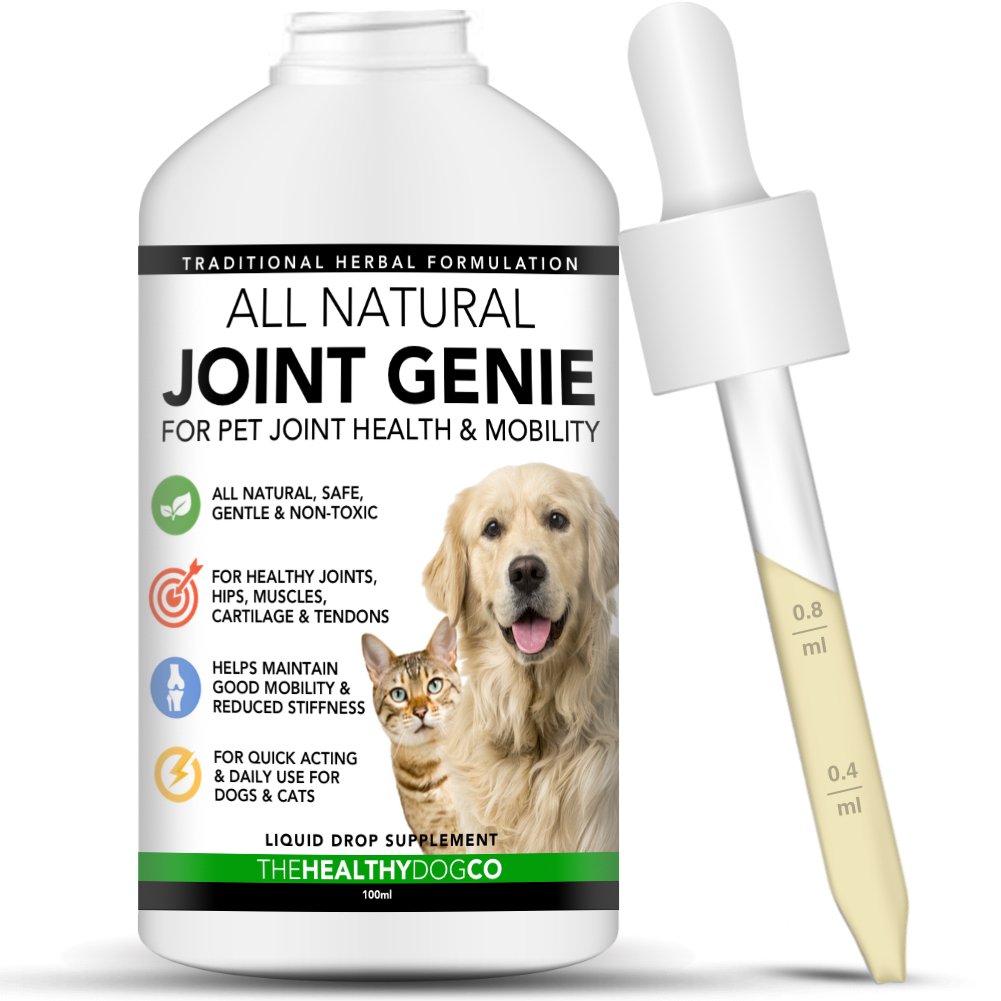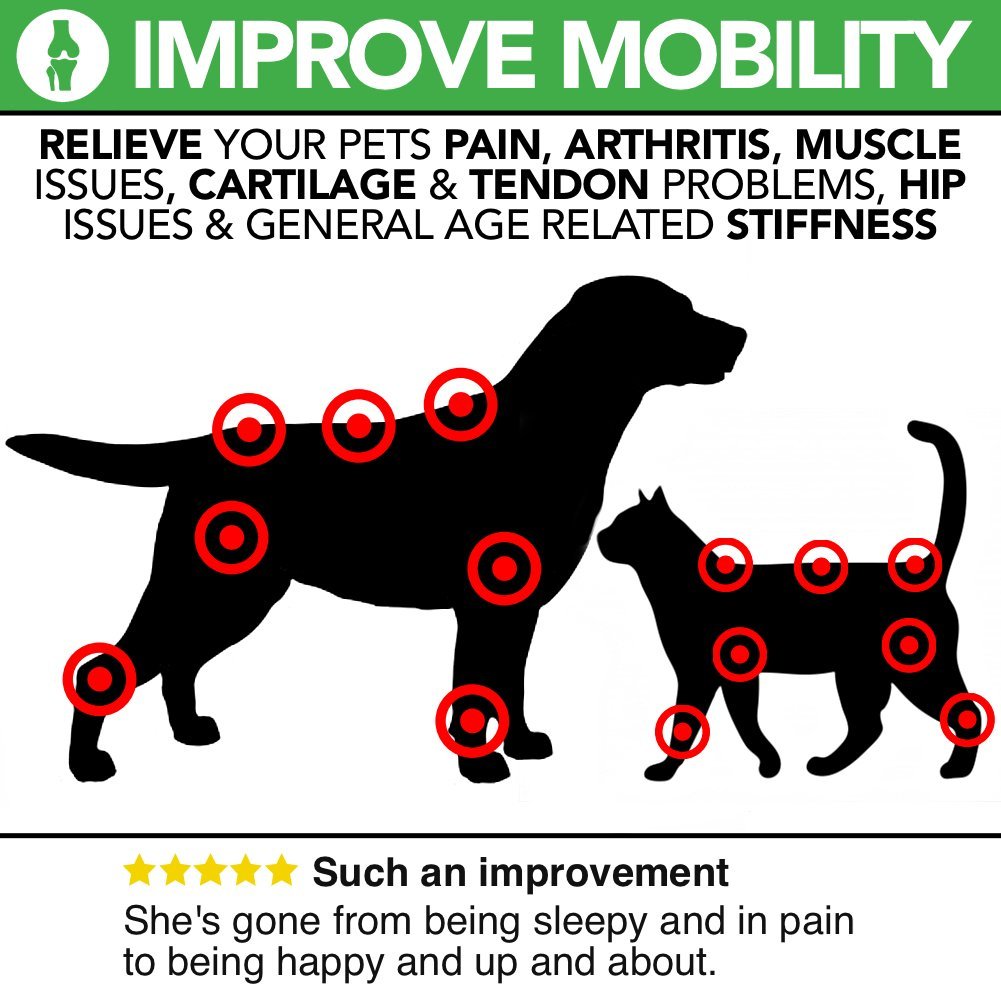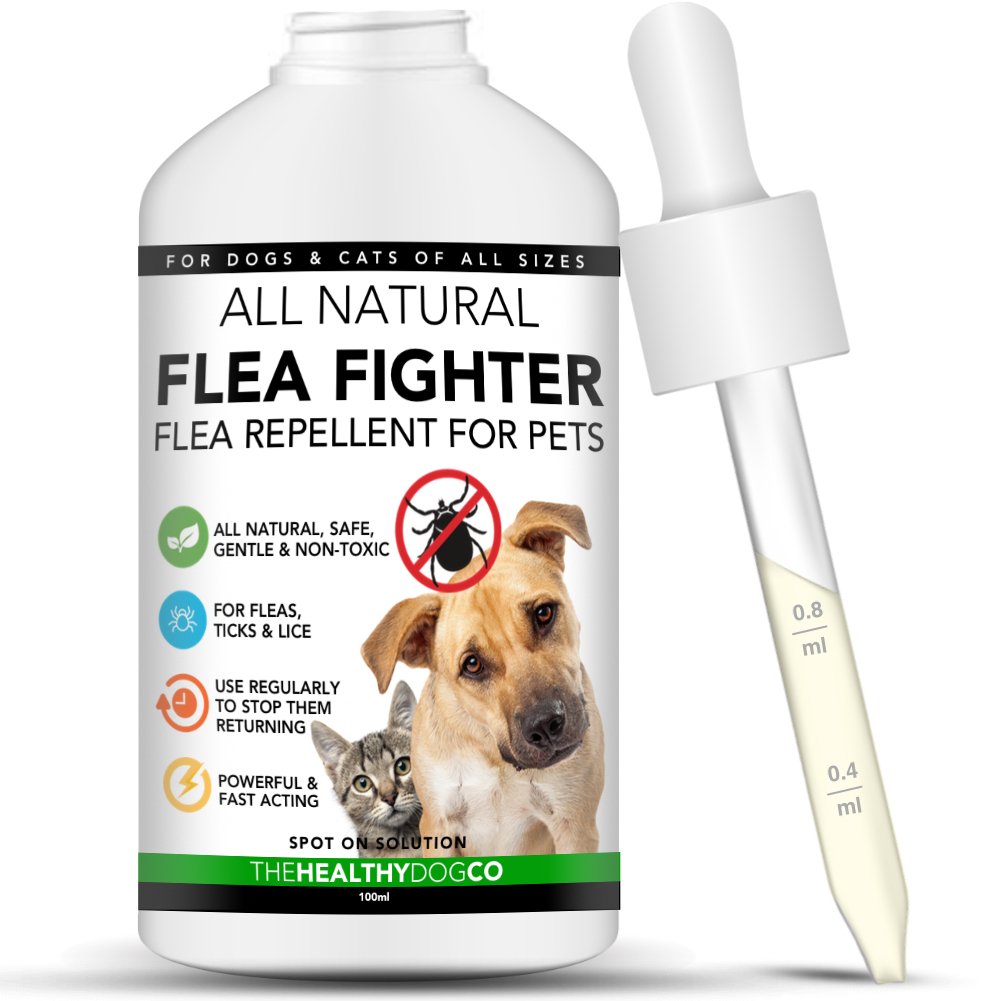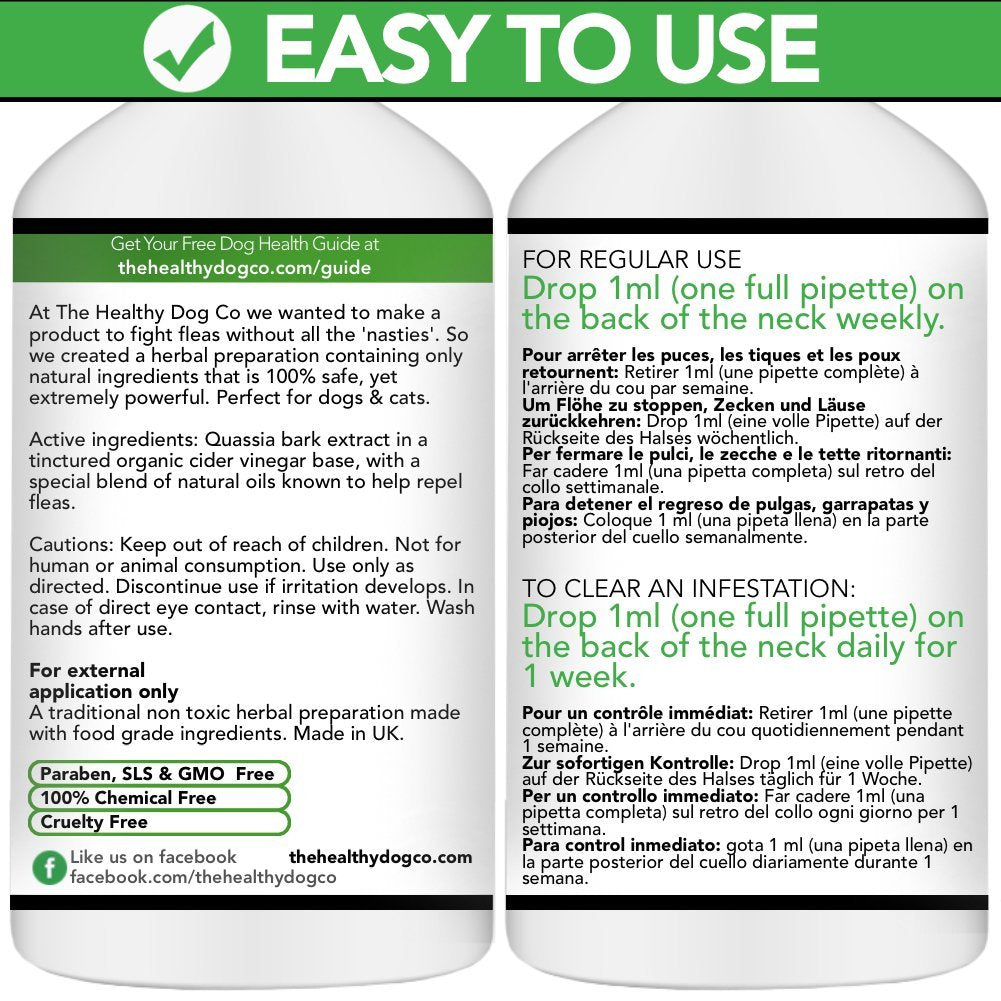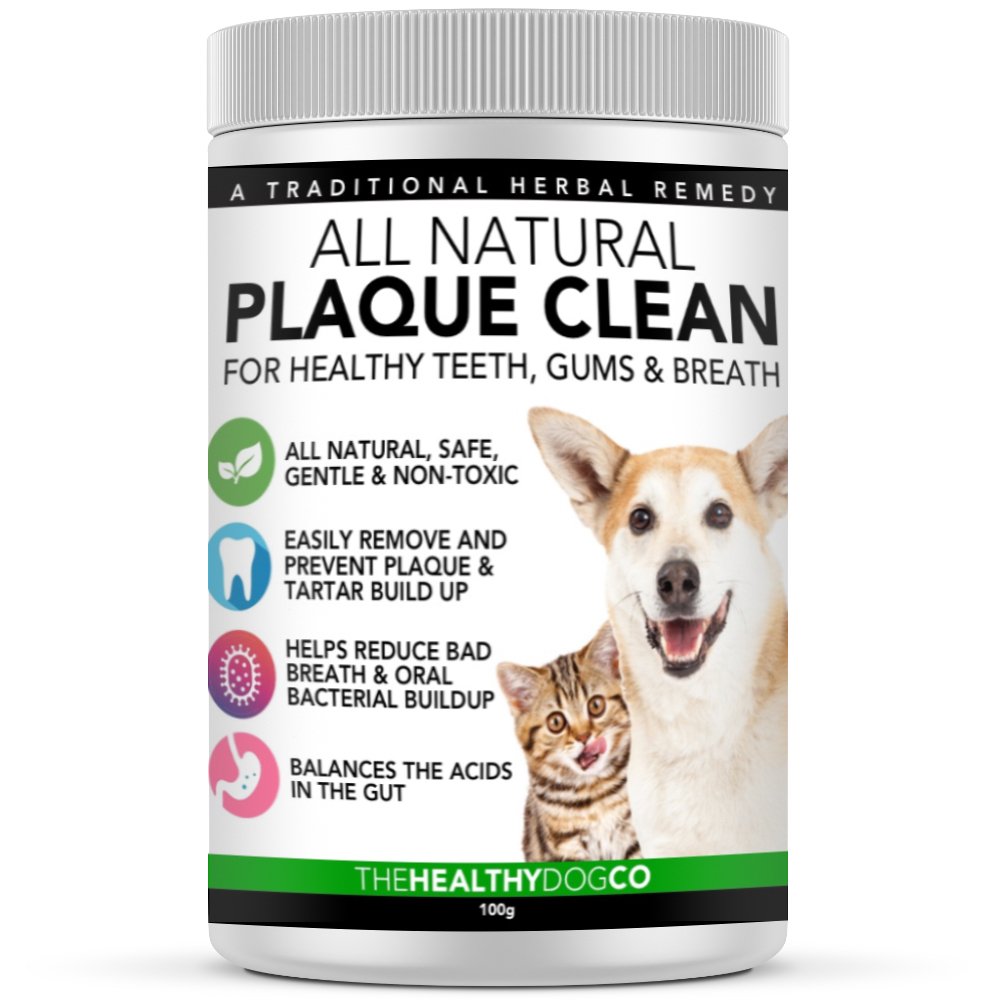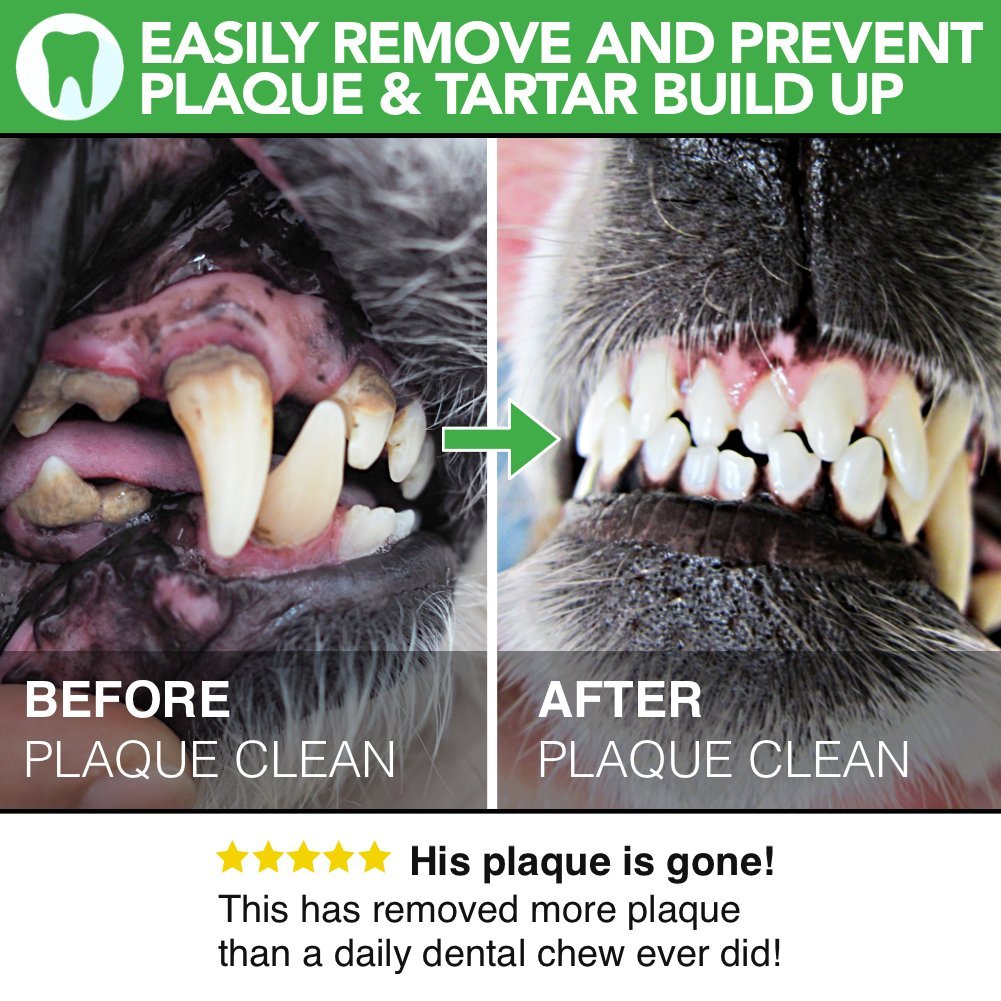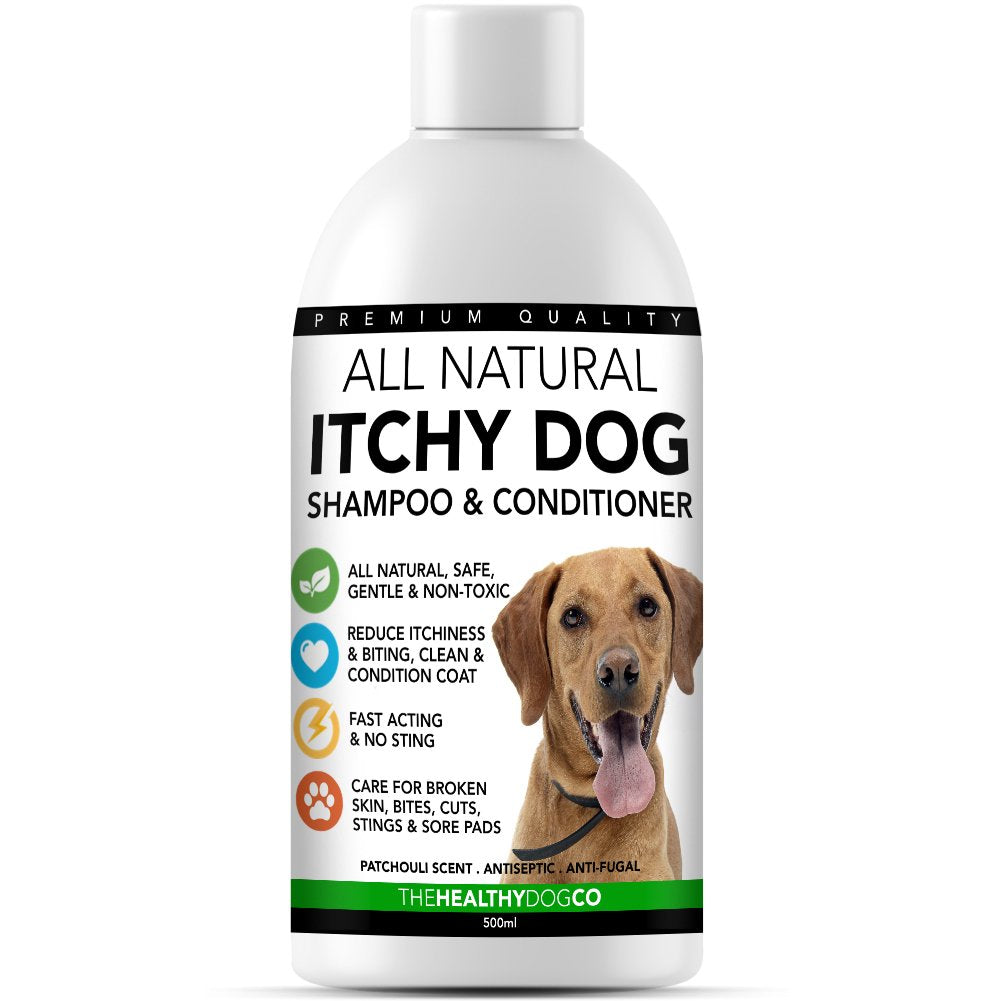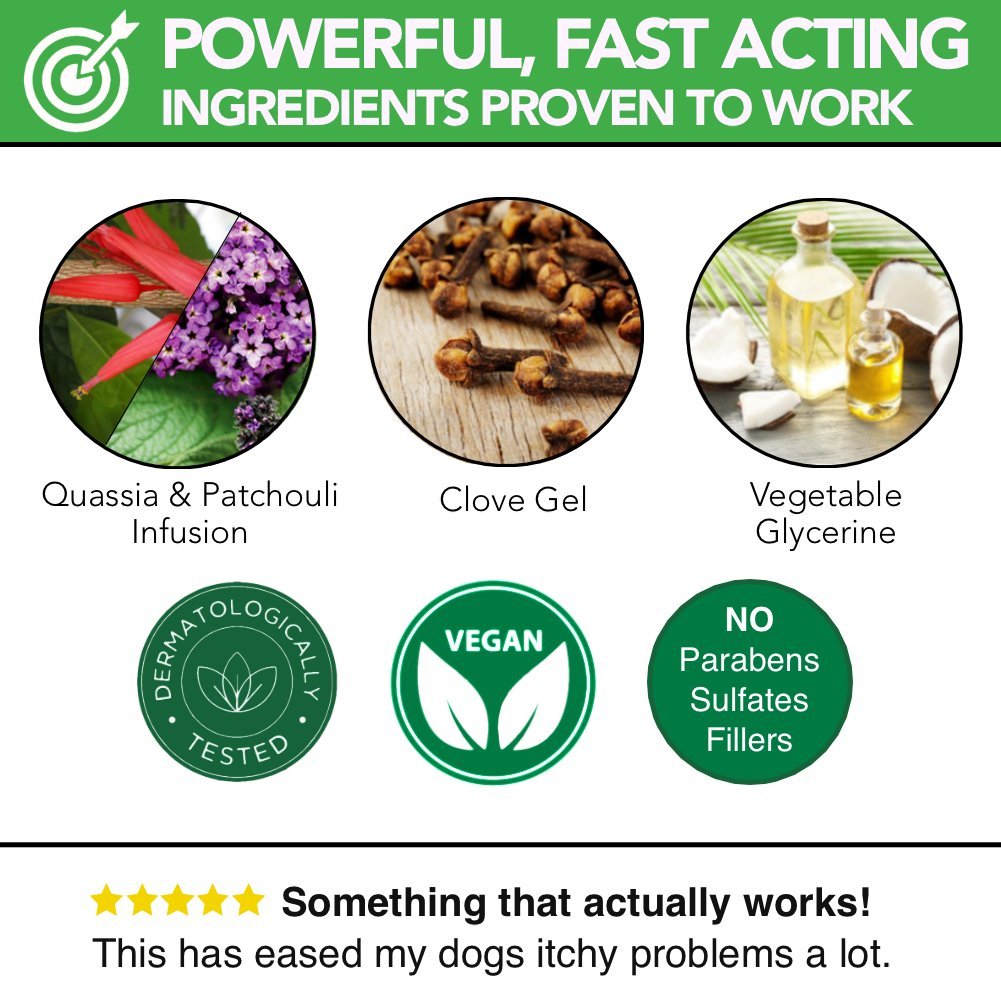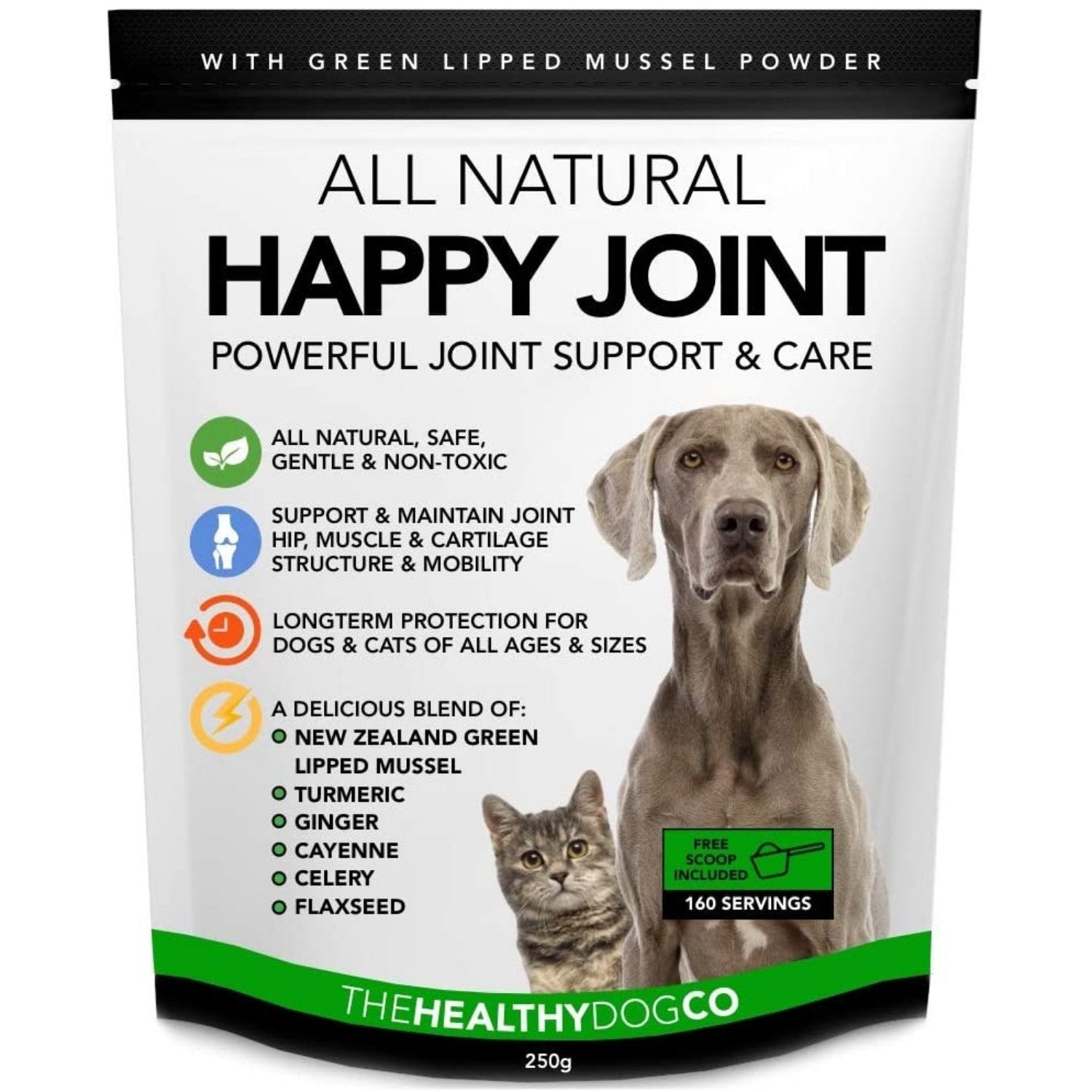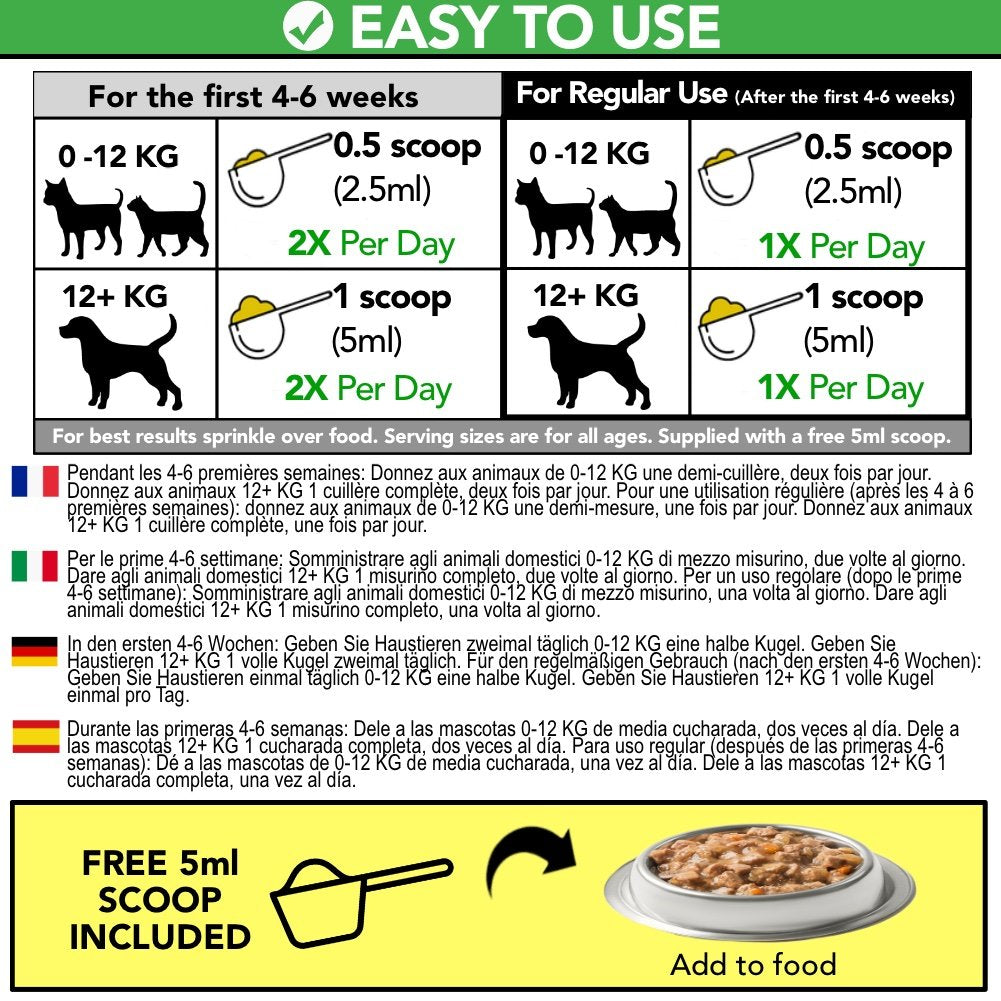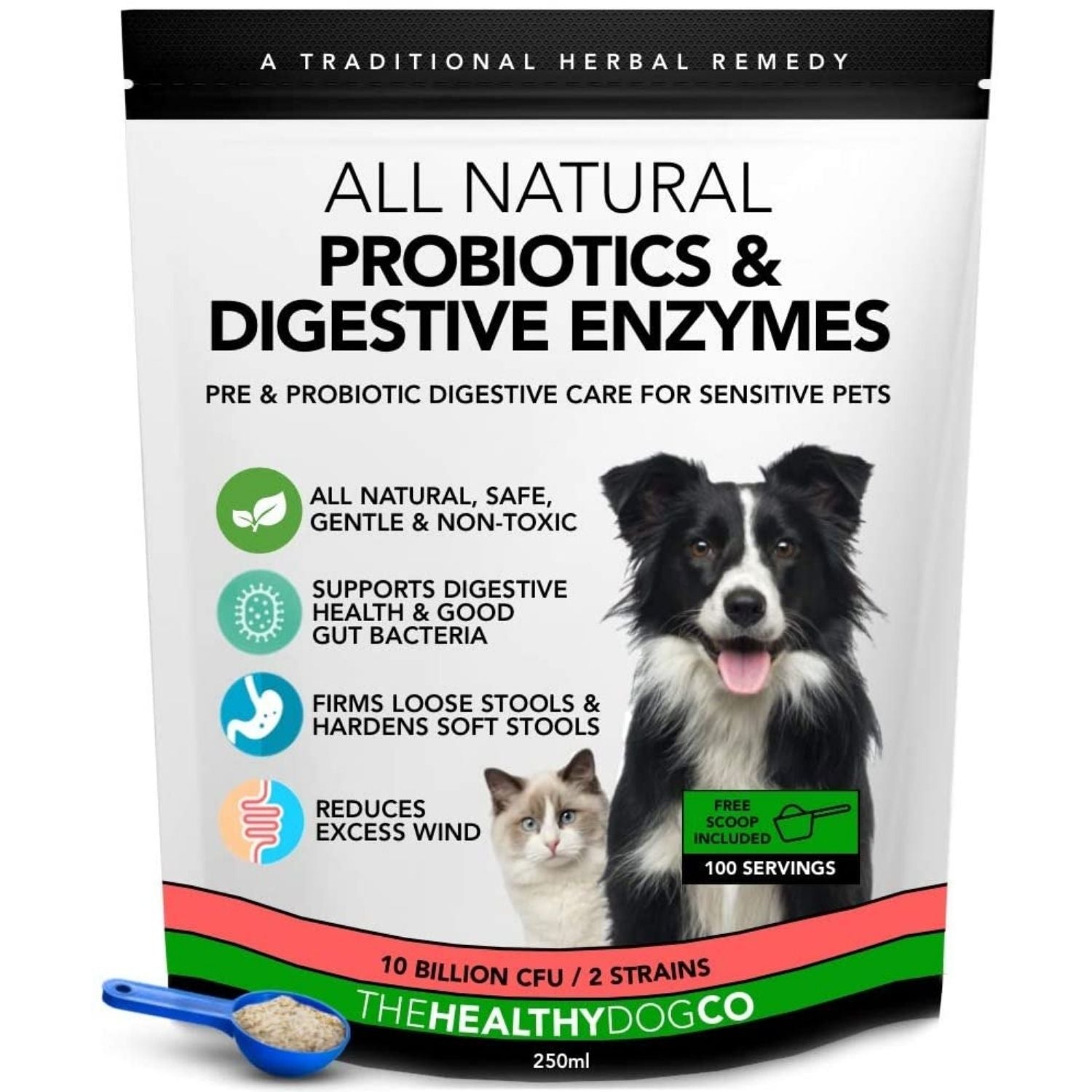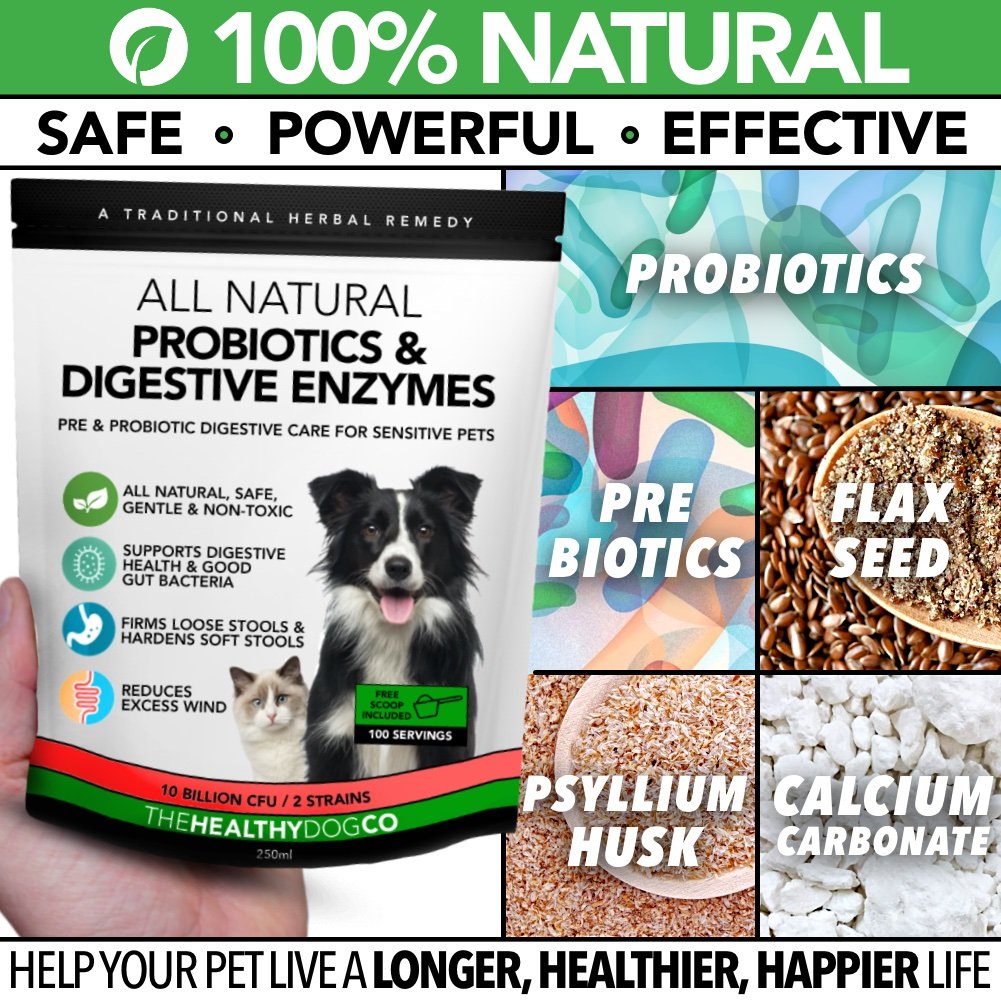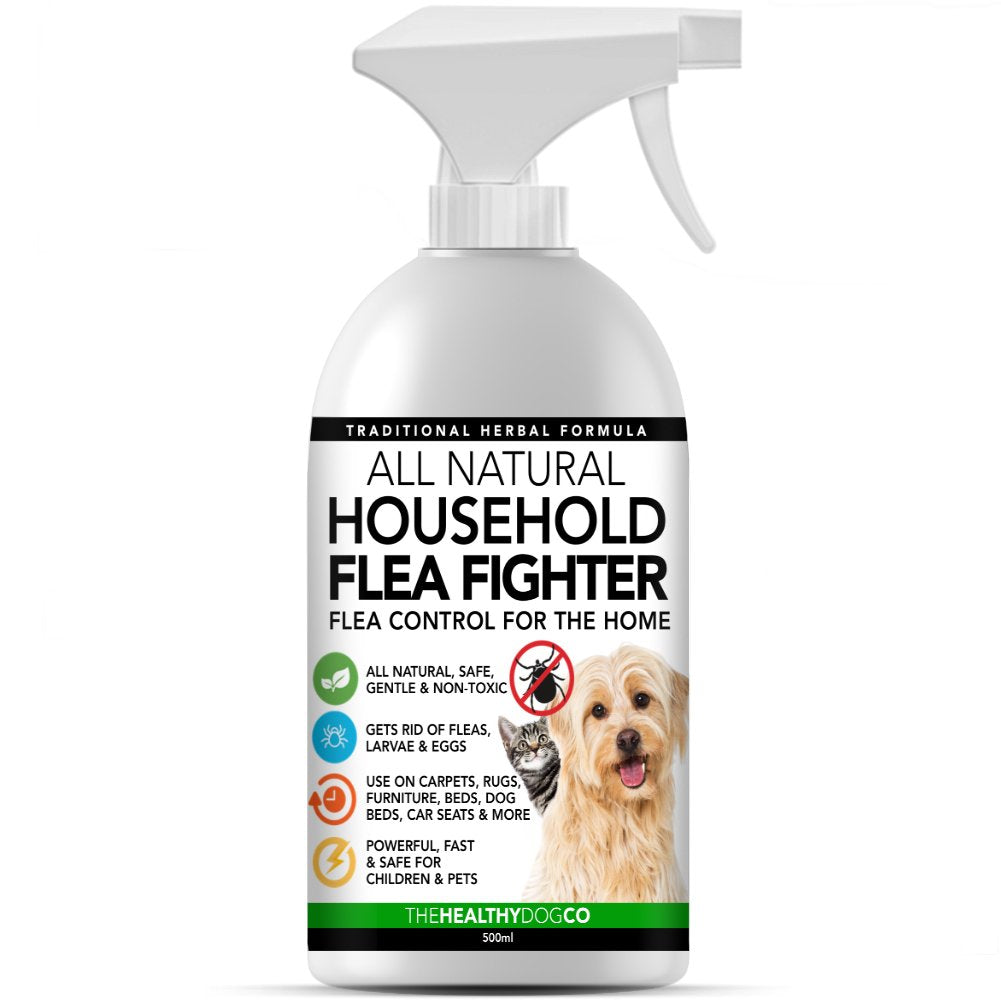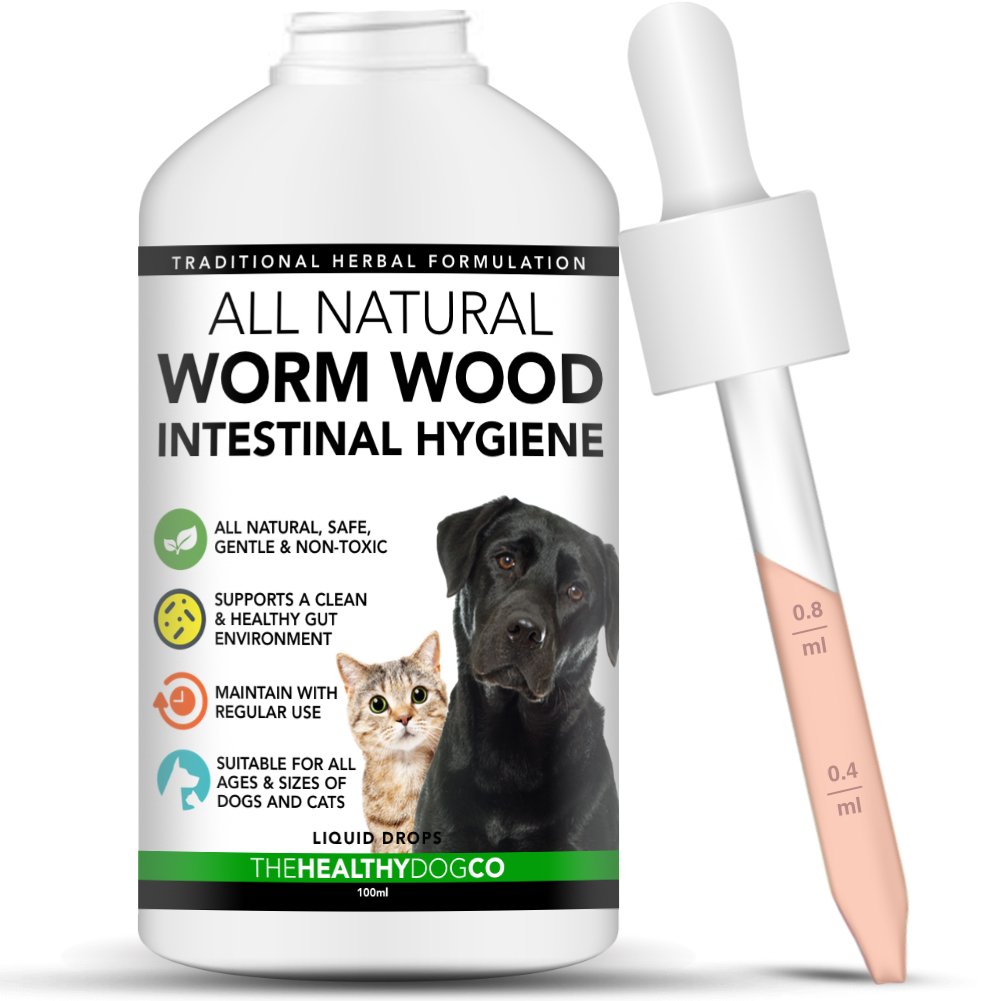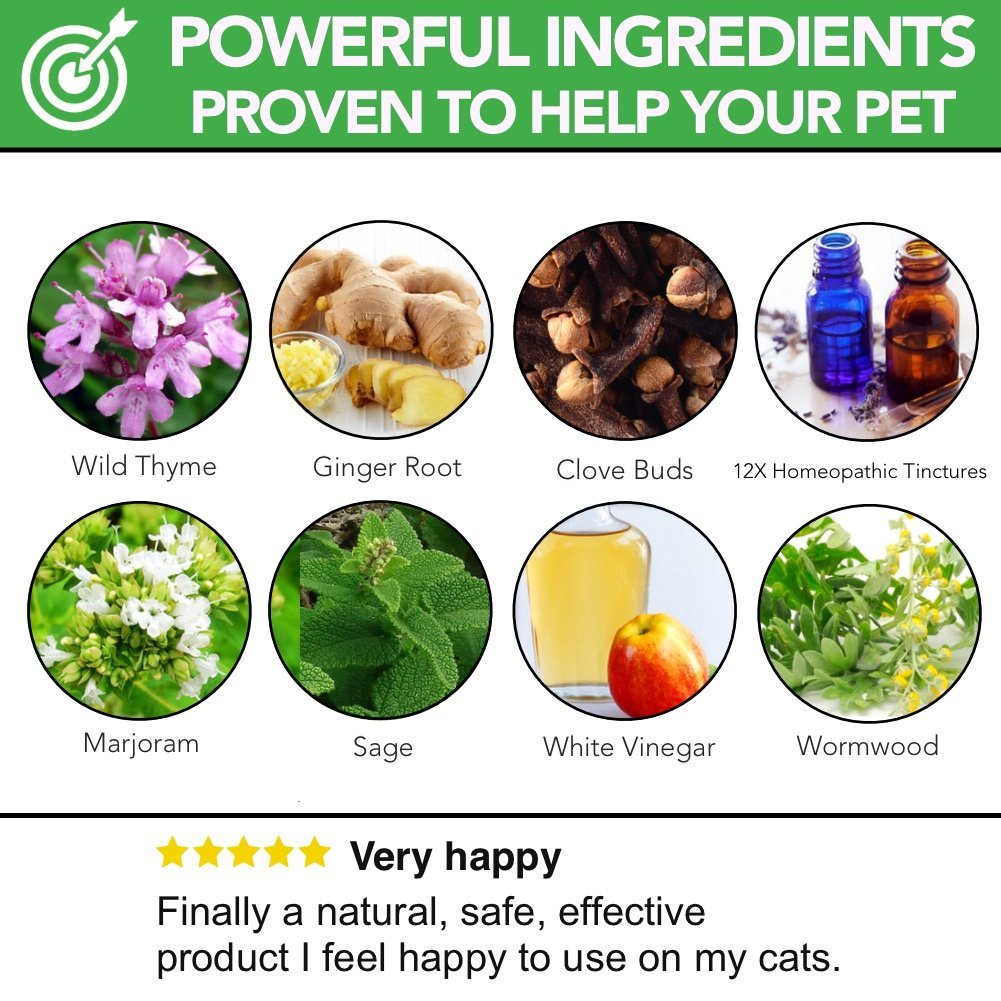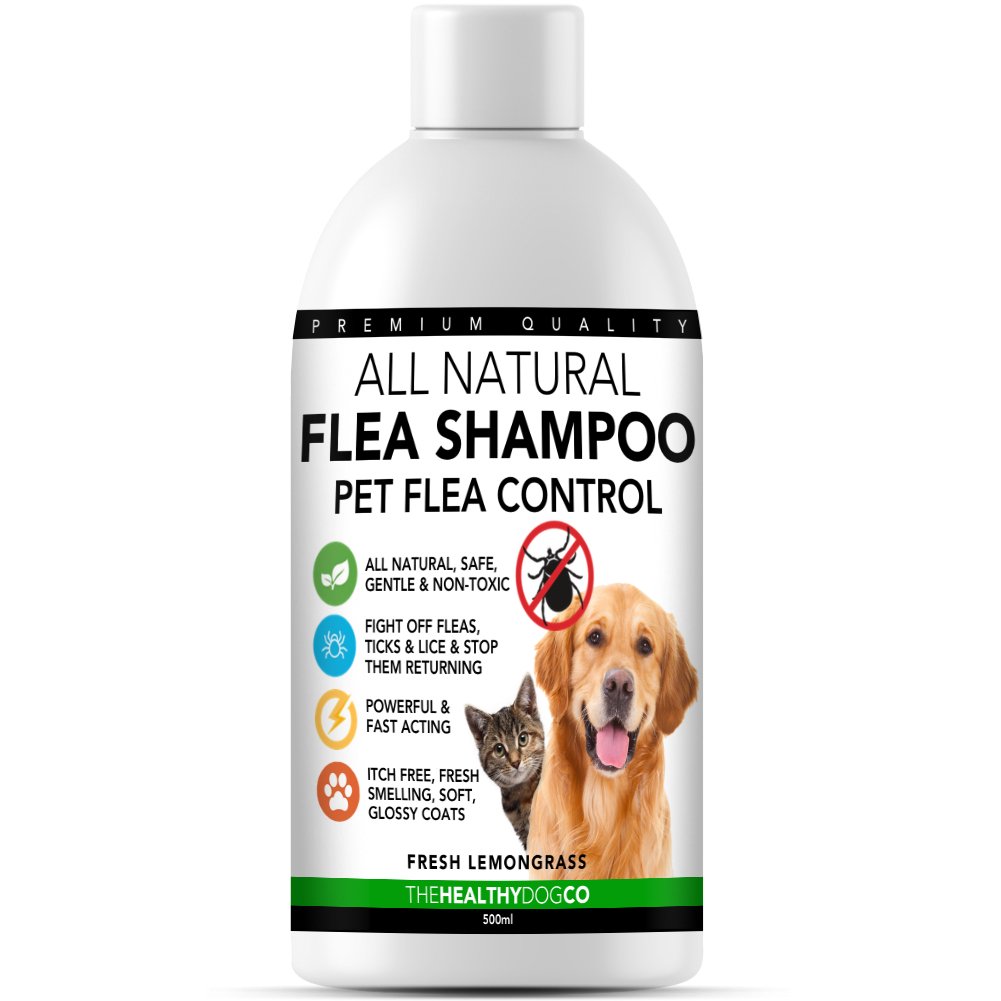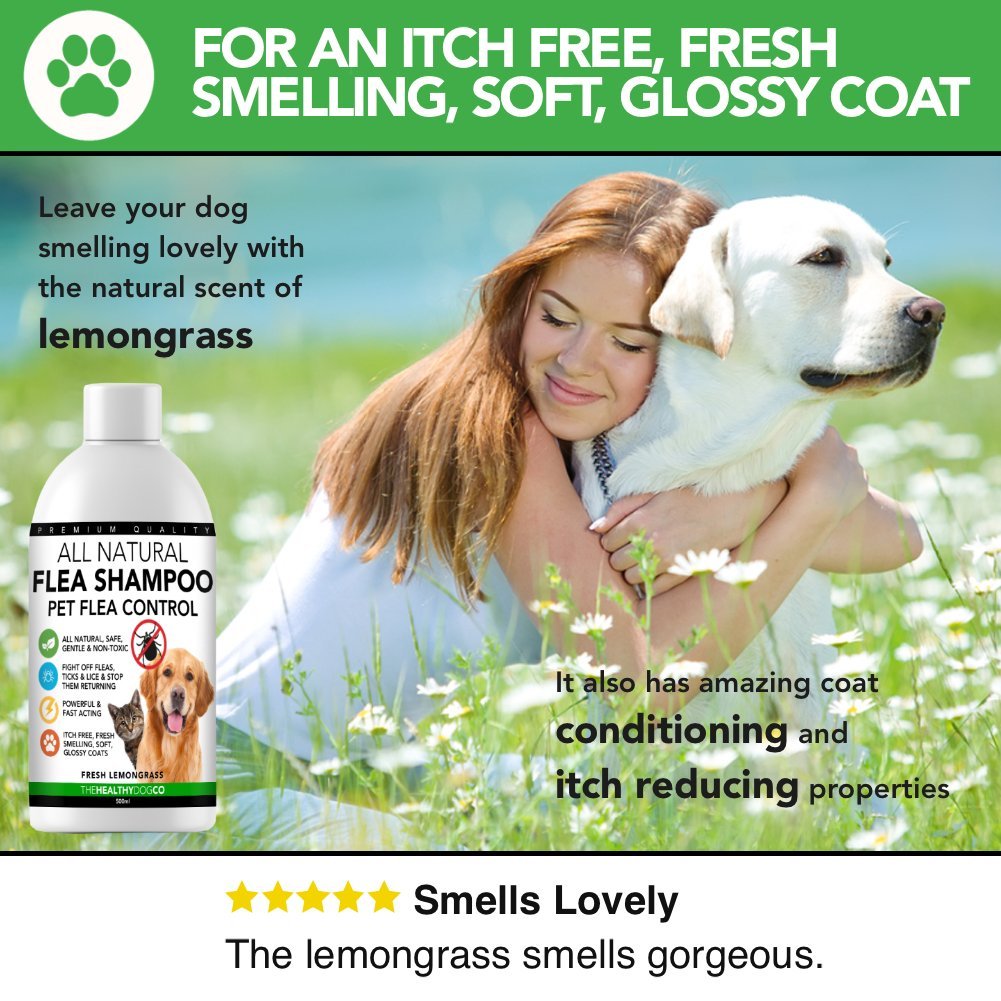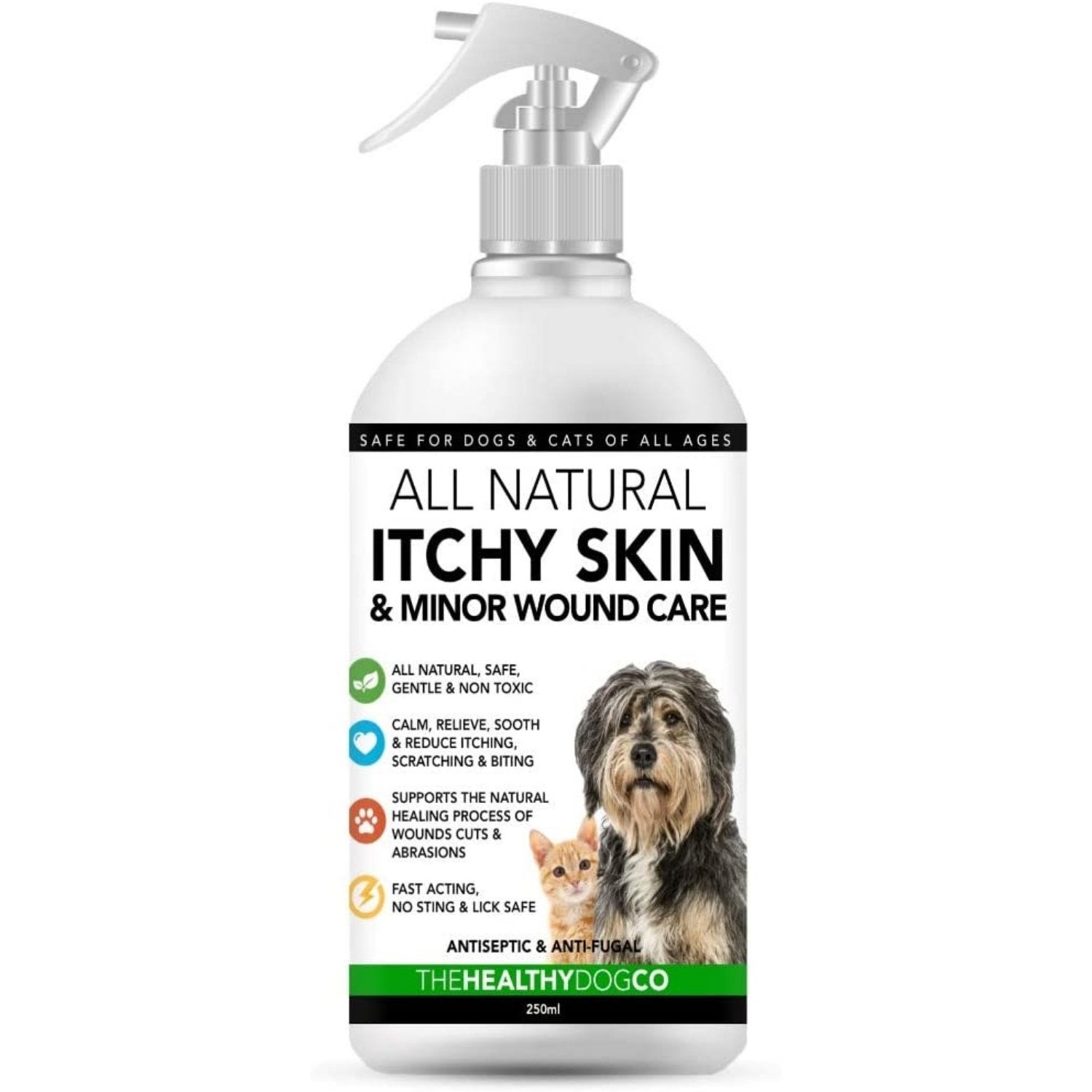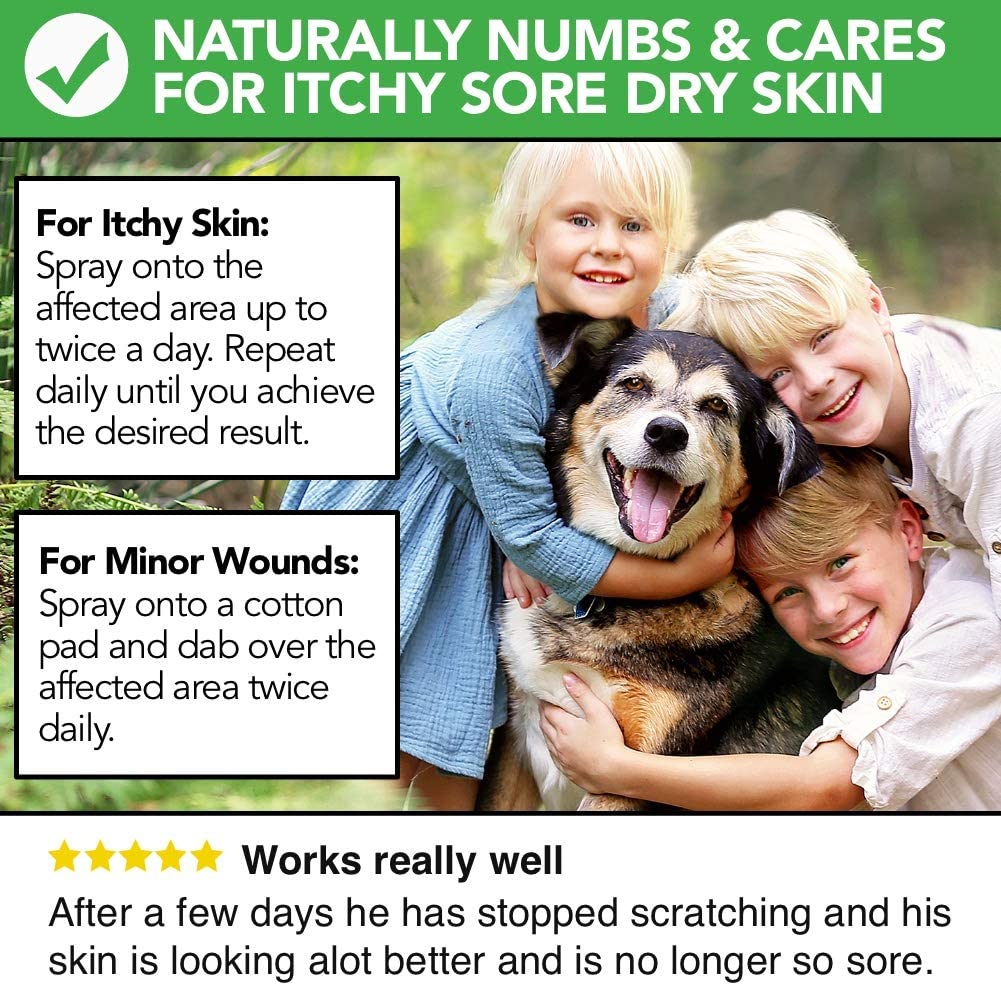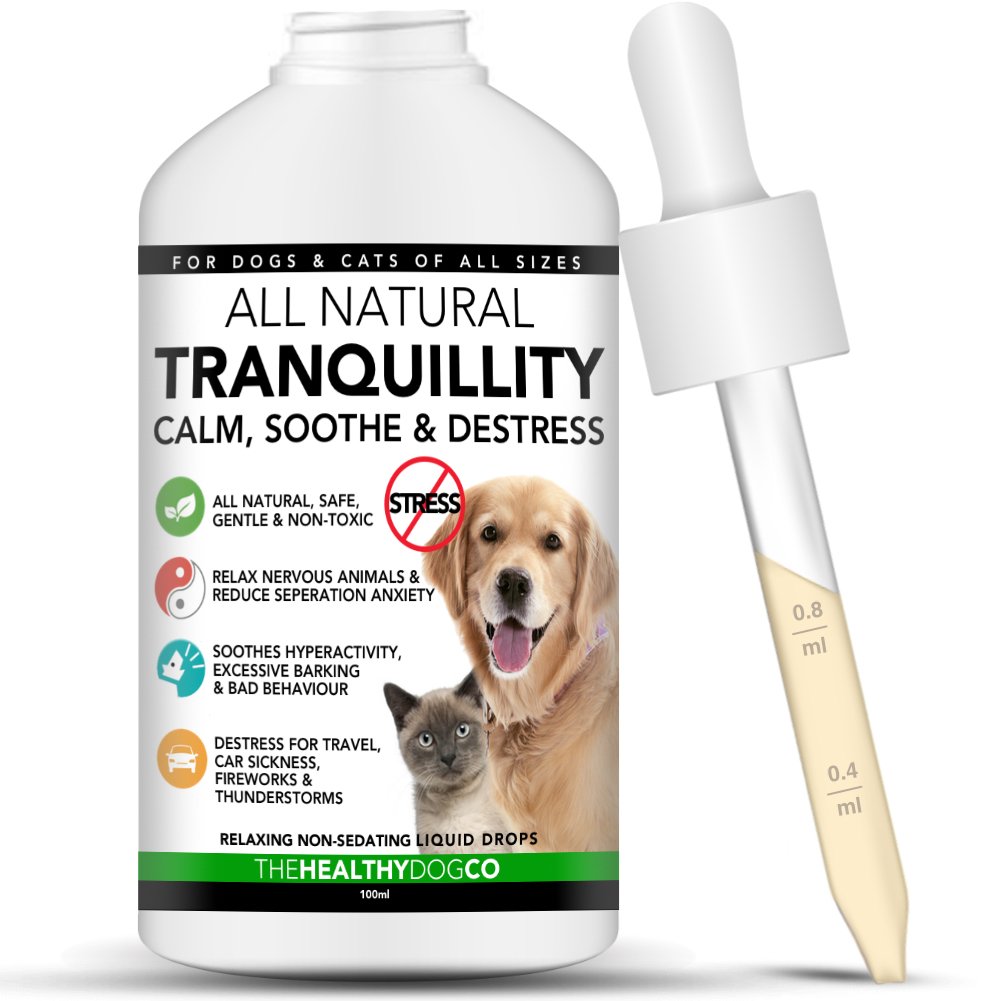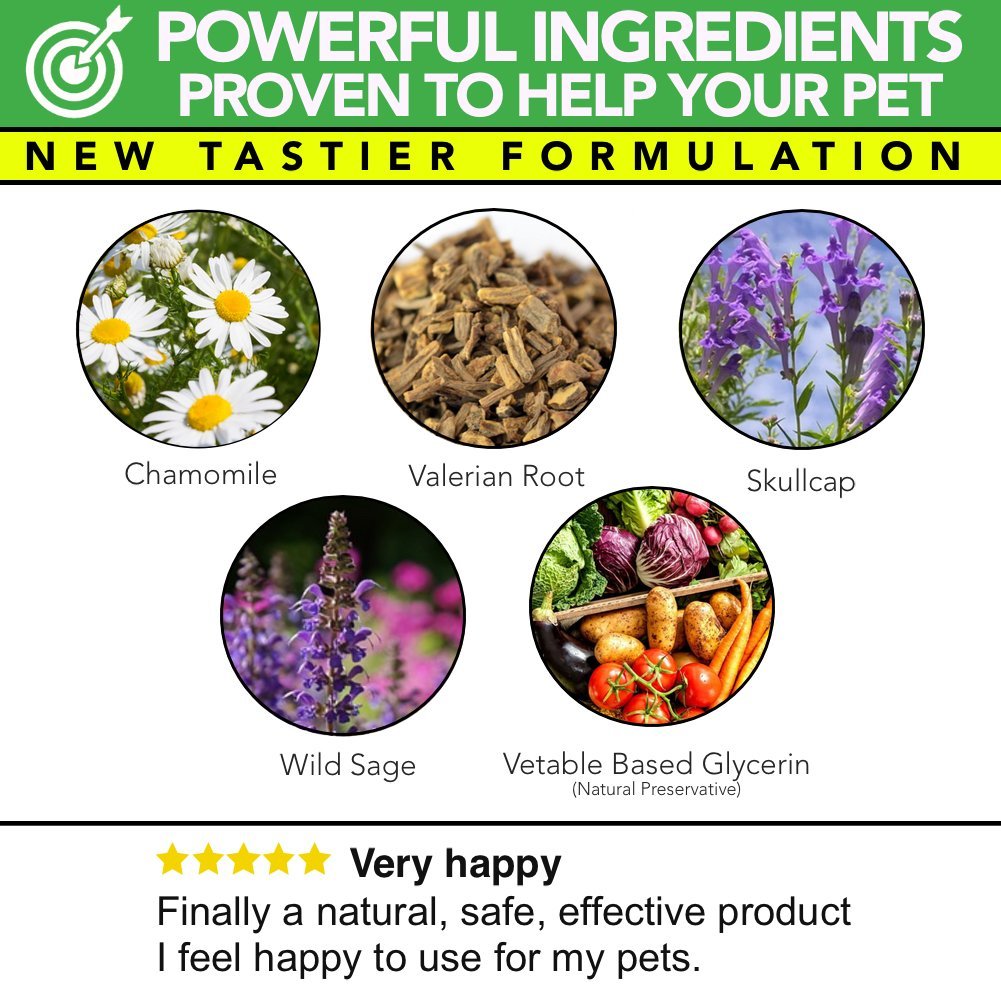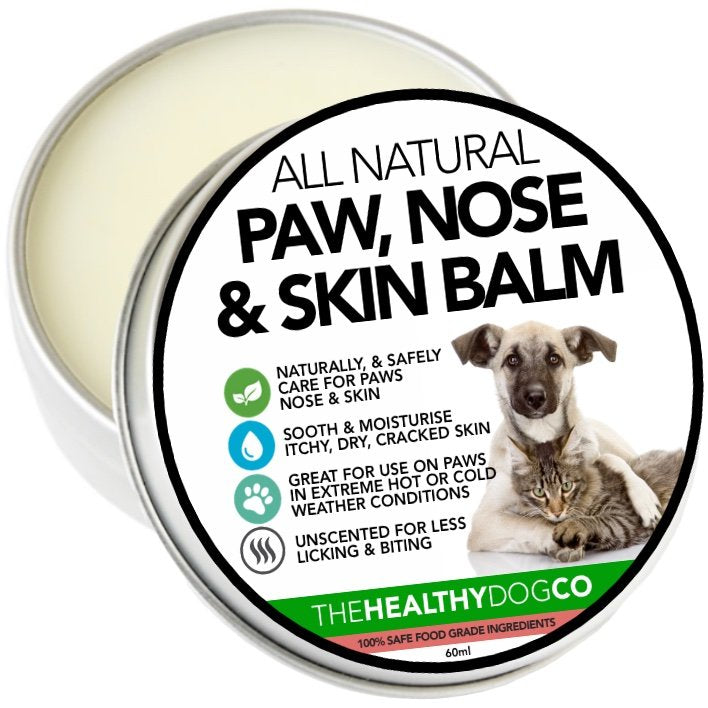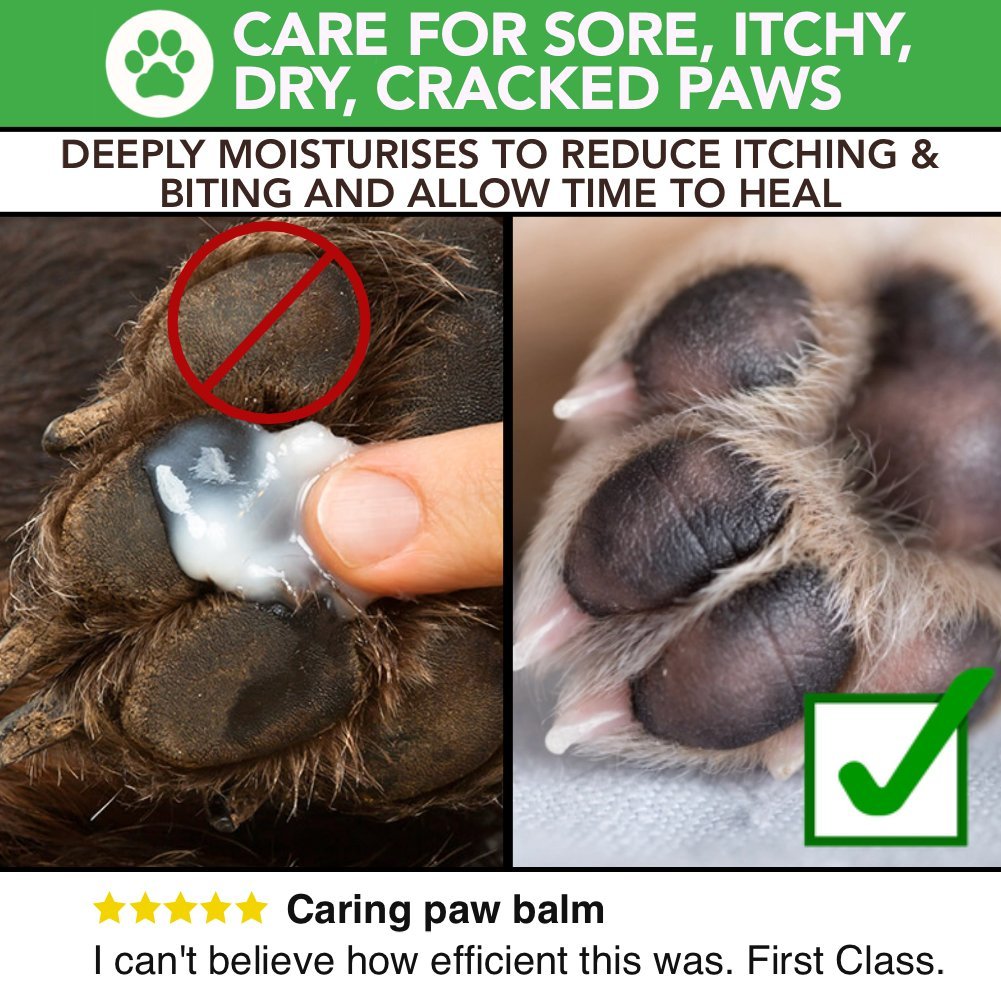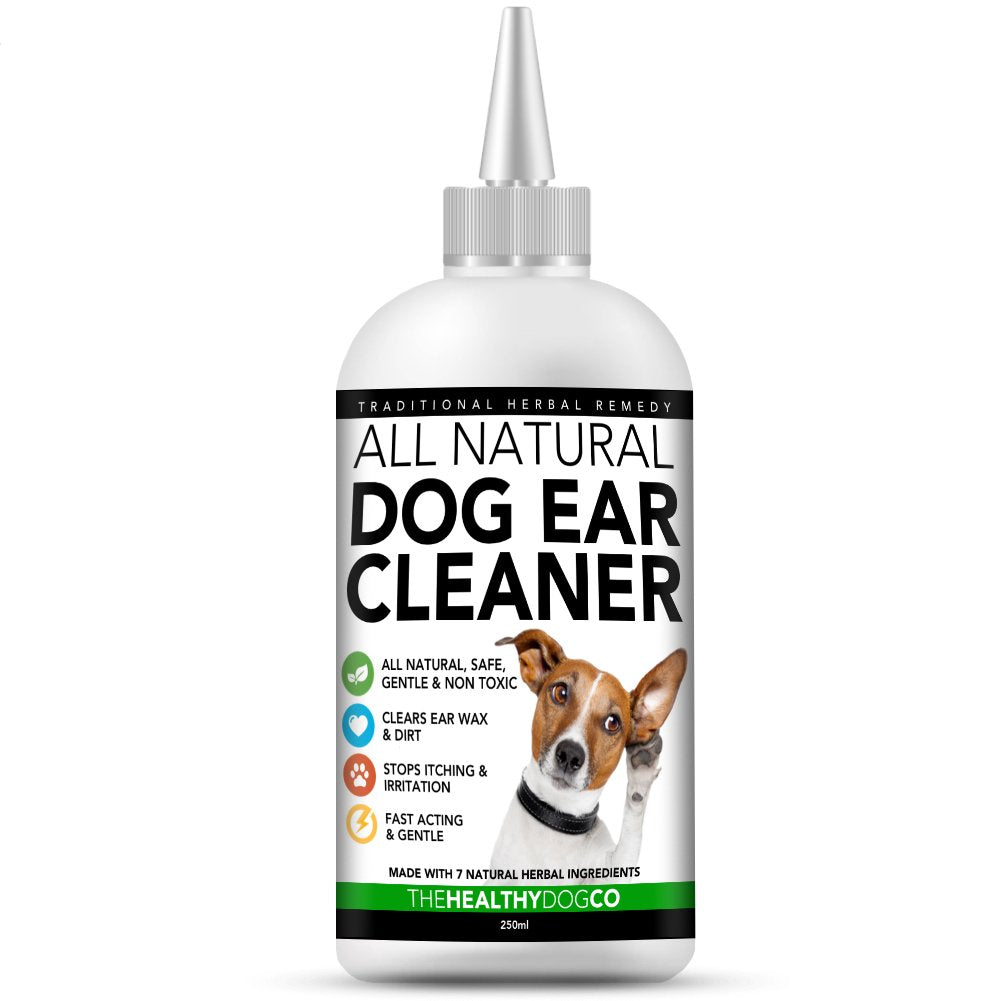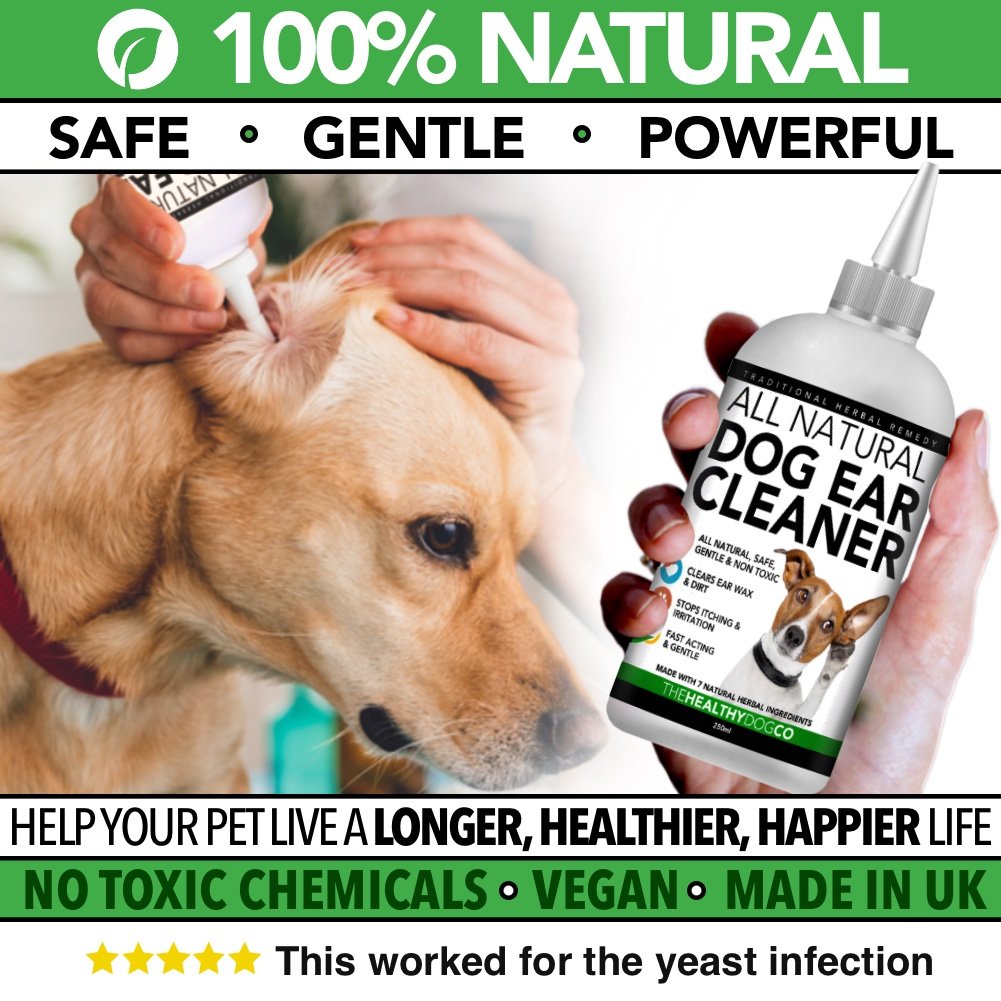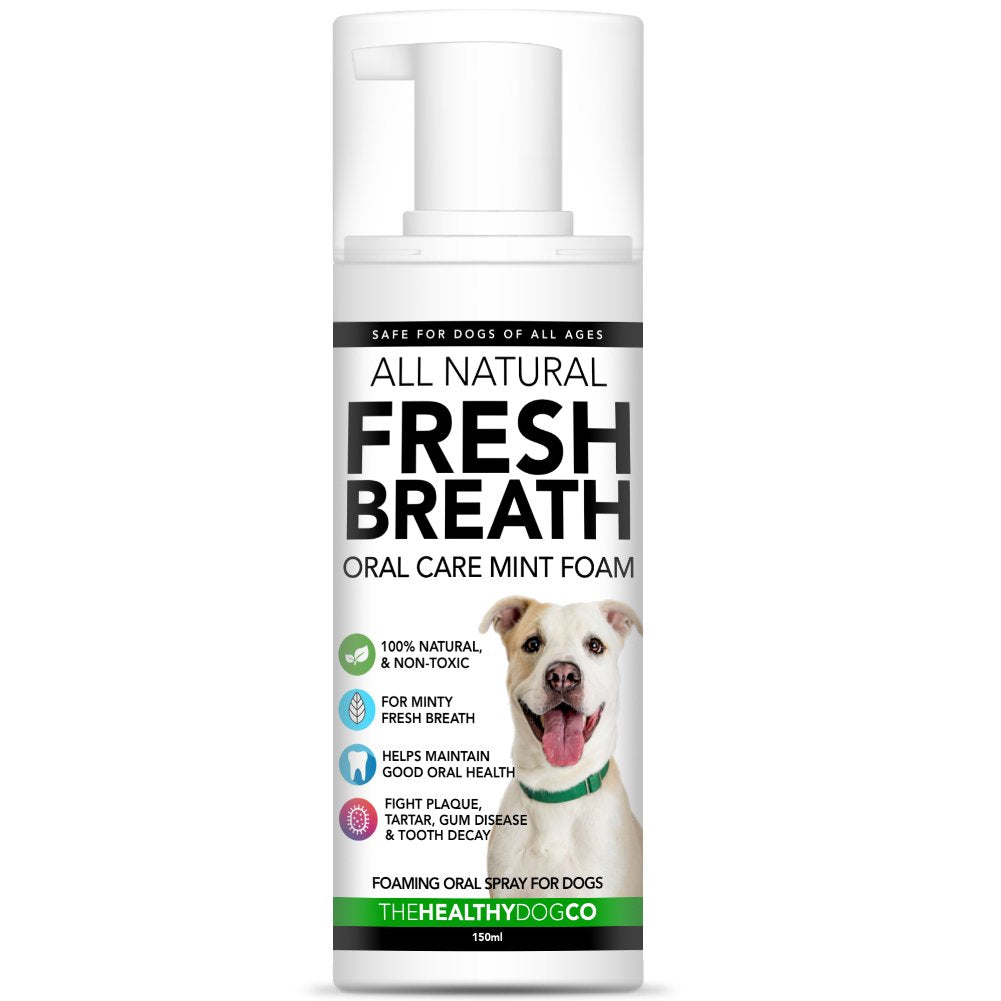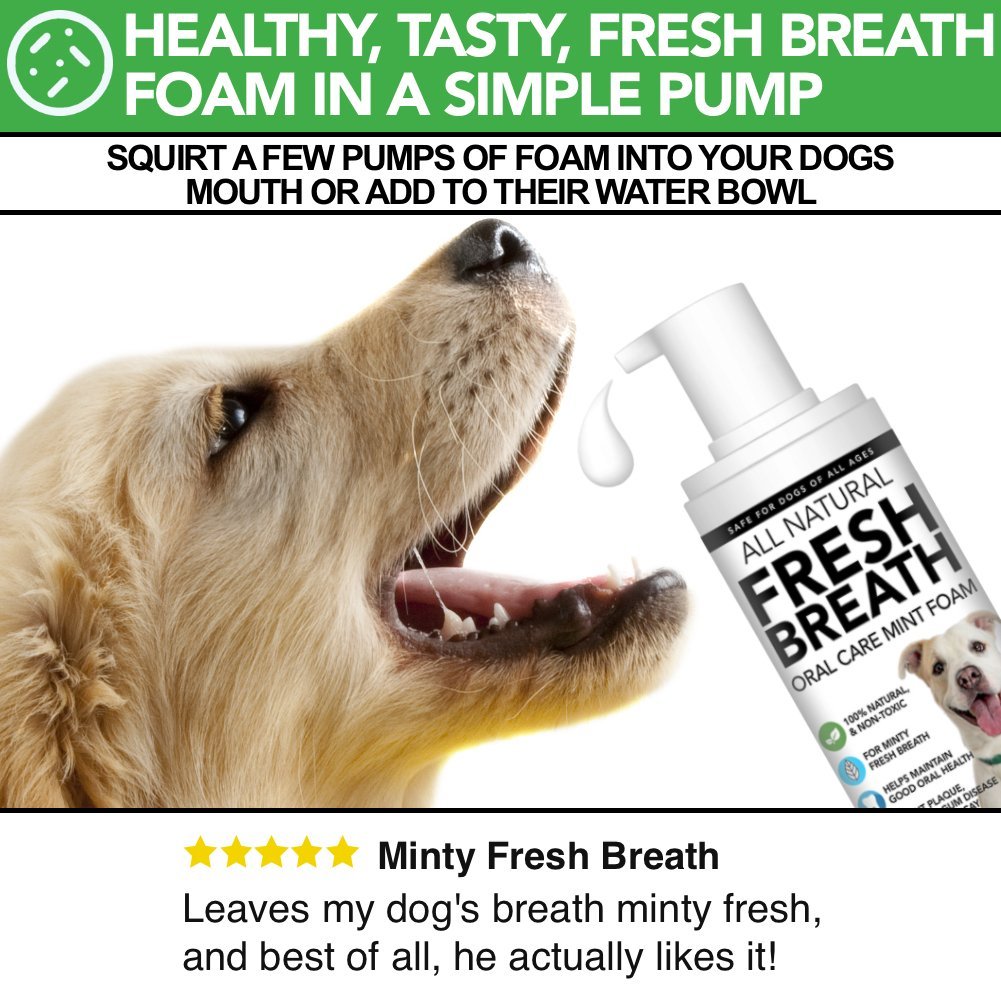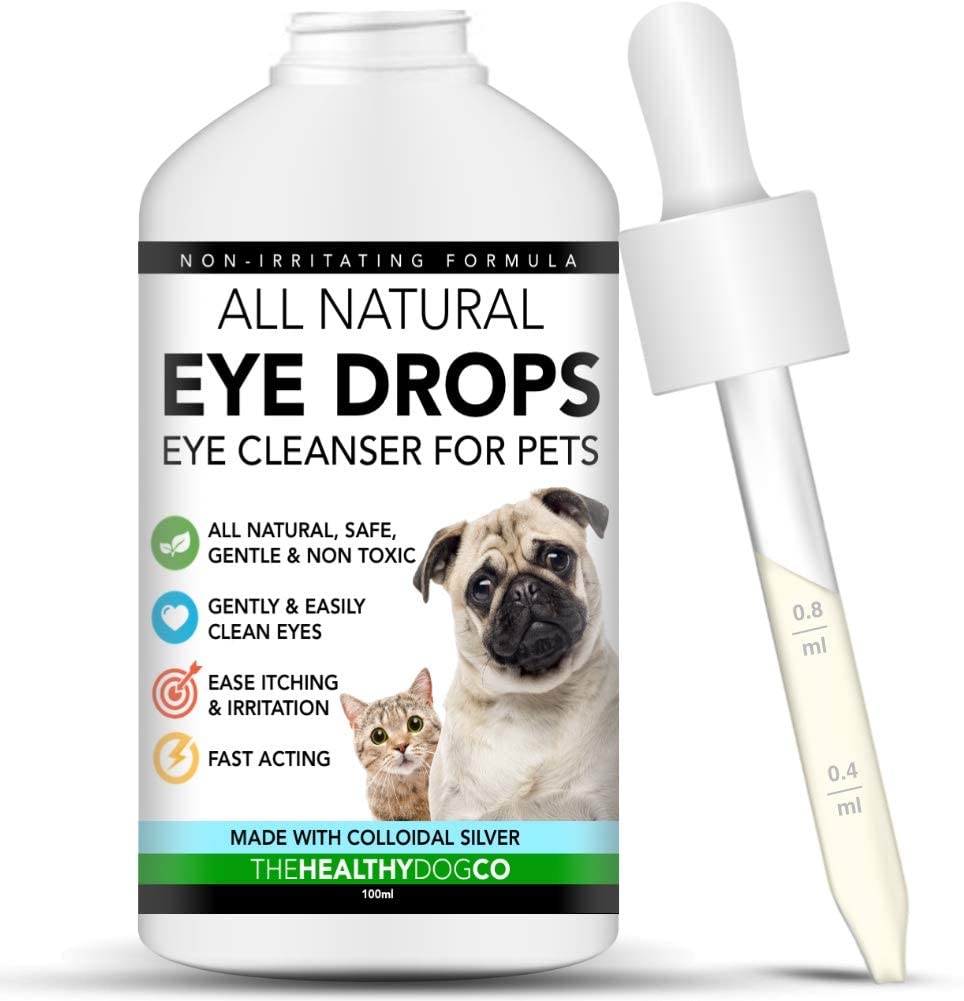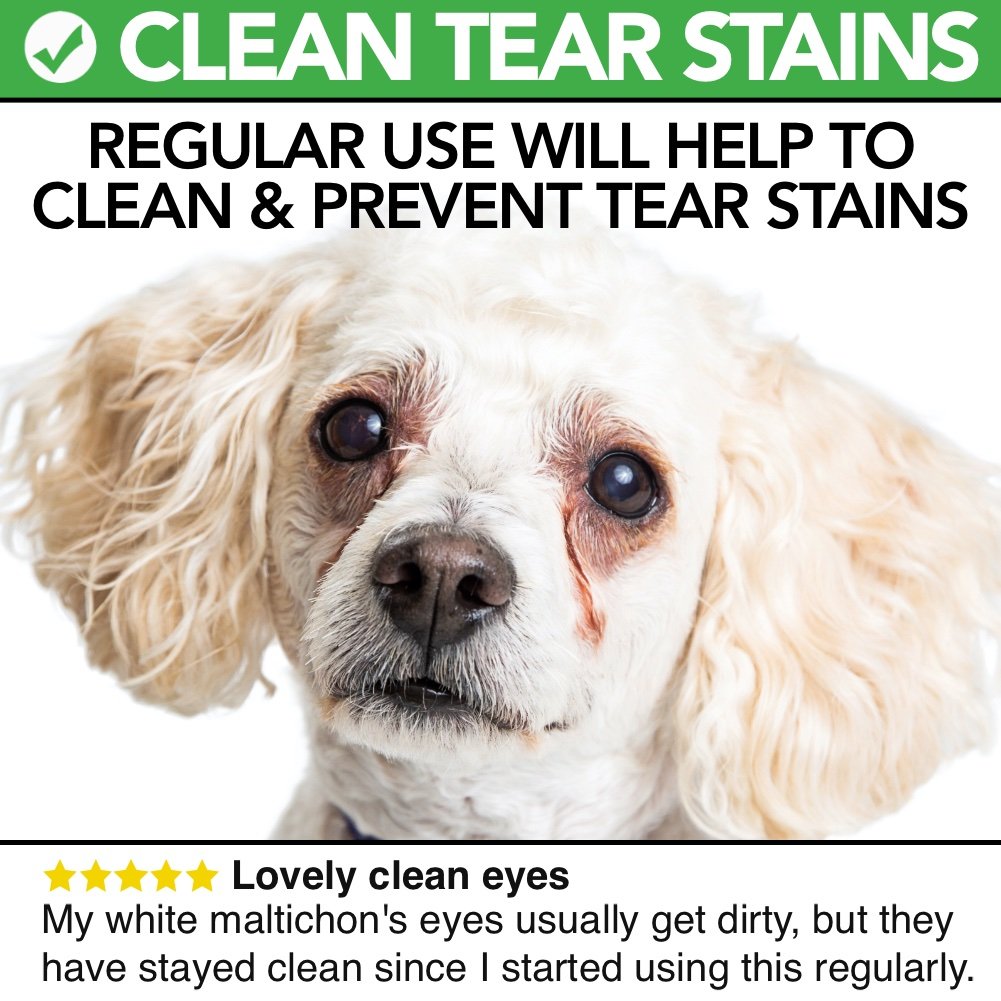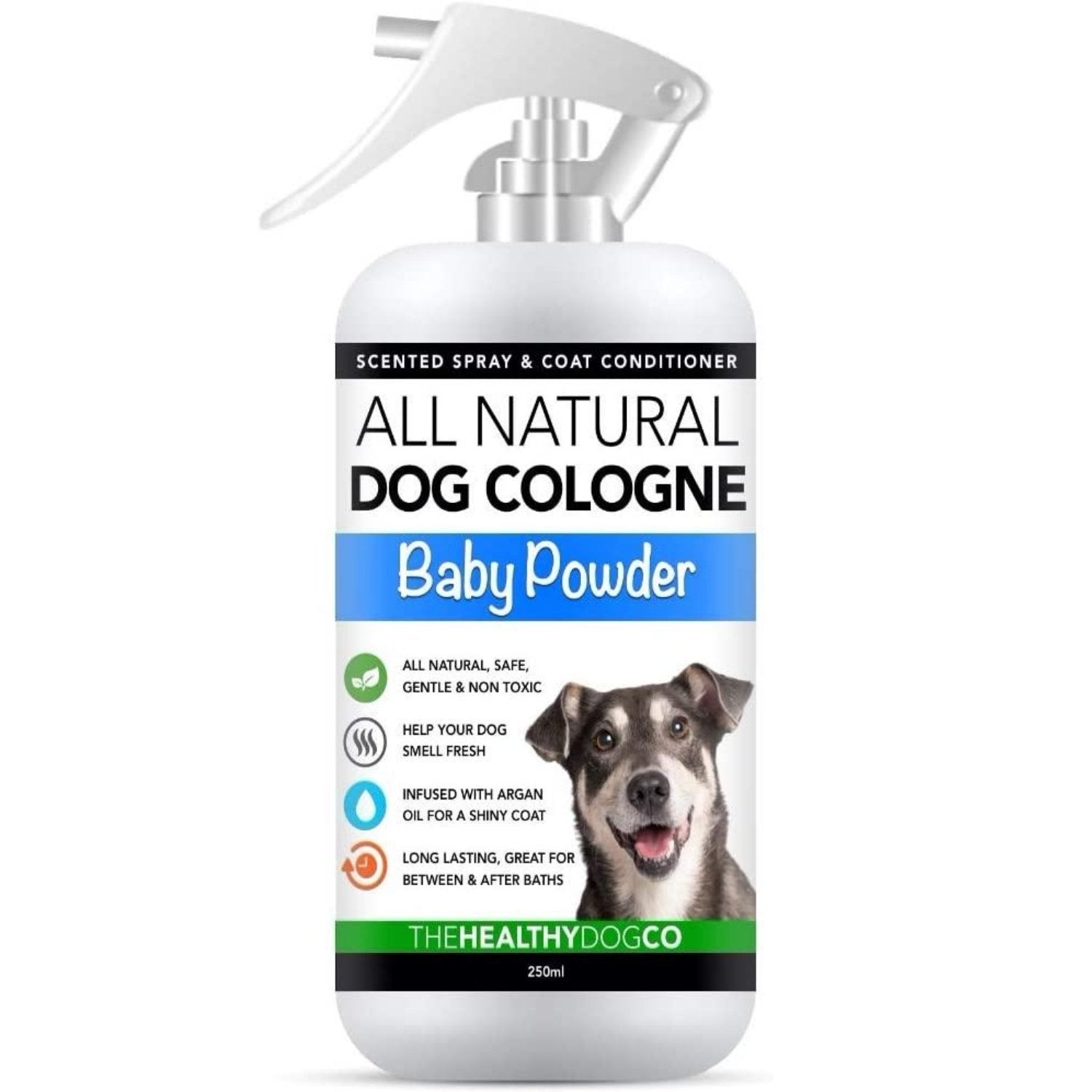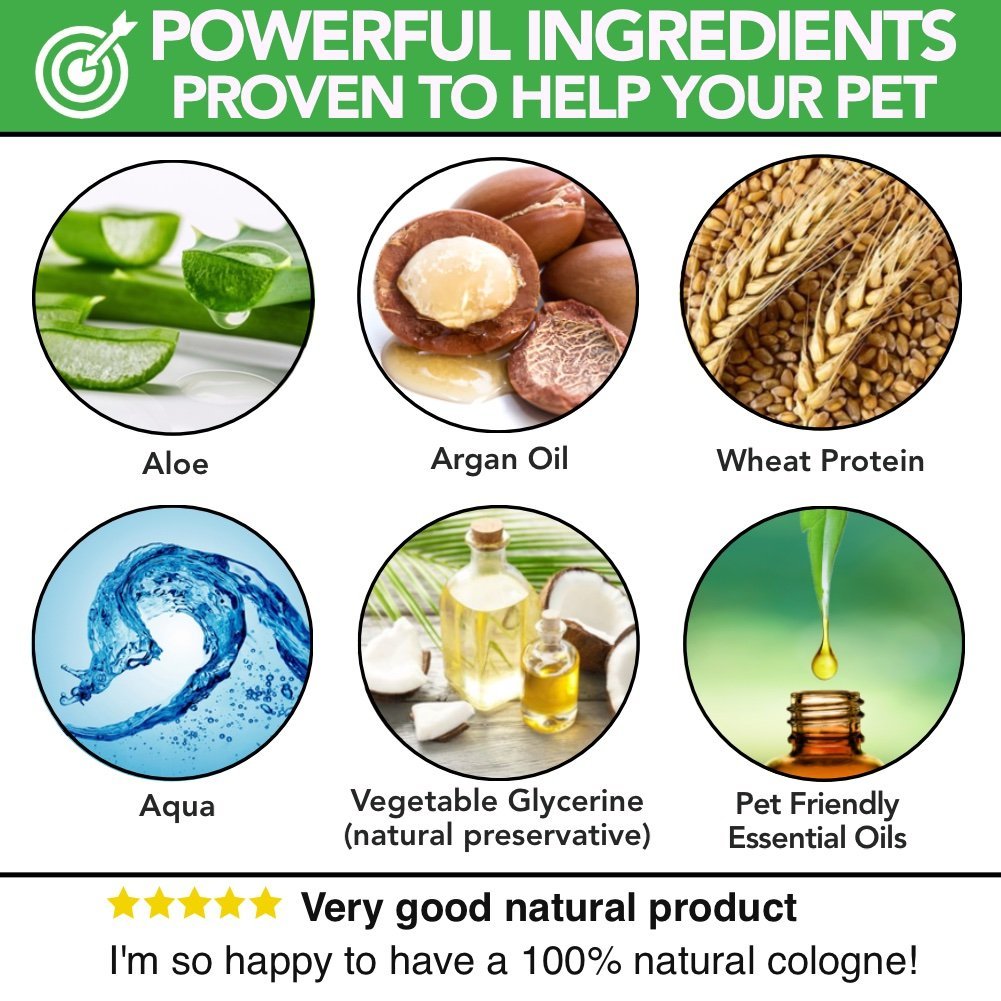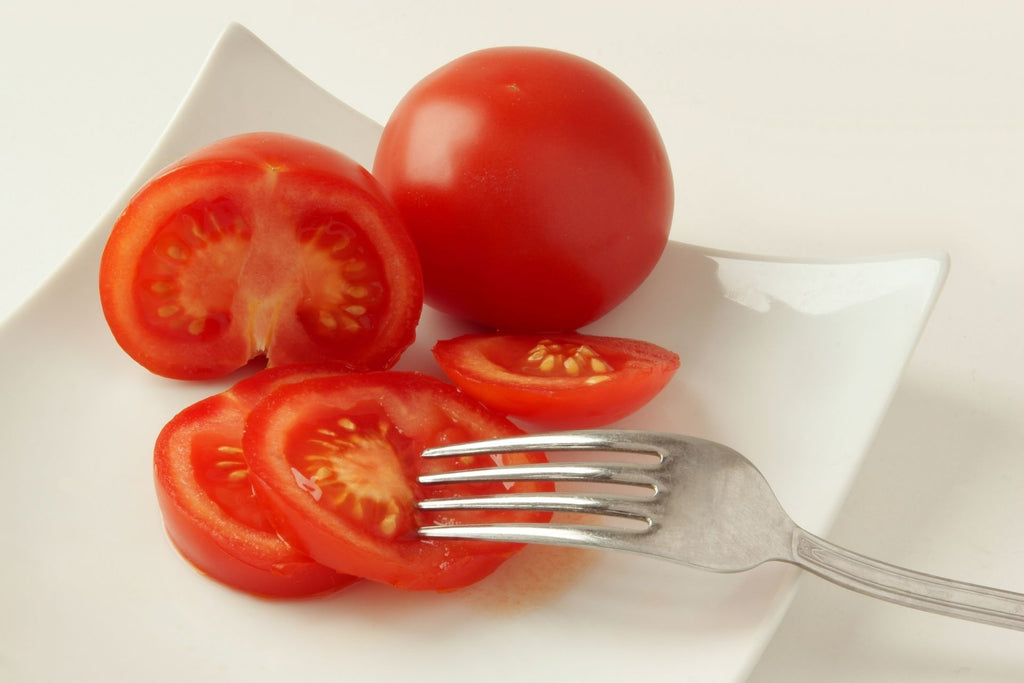
Can Dogs Eat Cherry Tomatoes?

We all love our pets and want to do what is best for them, but sometimes, it is easy to forget that they are not adorable little humans with fur. They are interested in anything we do, and they beg for the foods we eat, but some human foods can be bad for dogs. Tomatoes are one of those foods where you must use caution. Let’s explore the question, Can dogs eat cherry tomatoes? Of course, this article does not replace the advice of a qualified veterinarian, and you should always consult your vet for advice.
Can dogs have tomatoes?

If you are a tomato lover, late July and August are one of the favourite times of the year. That is when the tomatoes in your garden are ripe, and you can find them in plentiful supply at the grocery store and farmer’s markets. Some dogs seem to love them as much as we do, but can you feed dogs tomatoes, or is it harmful?
The answer to this is complex, and many factors are involved. What happens when a dog eats tomatoes? The consensus is yes, you can feed your dogs tomatoes in limited quantities, but tomatoes contain two substances that can be poisonous to dogs.
How poisonous are tomatoes to dogs? Tomatoes contain alpha tomatine and solanine, which can be poisonous to dogs. These two compounds are present in other members of the nightshade family like eggplant, green potatoes, and deadly nightshade. Tomatoes are only edible to humans and dogs because the levels of these substances are low.
One thing to note is that different parts of the plant contain different levels of these substances. For instance, the leaves and stems of the tomato plant contain the most solanine. You should not allow your dog to chew on these parts either. This is why garden predators, like deer and rabbits, will not eat tomato plants. One thing to keep in mind is that the solanine in tomatoes is the plant’s defence mechanism. The substance is meant to protect the plant from fungus, insects, and anything else that wants to munch on it.
When your dog is near your garden, it is a good idea to keep an eye on them, so they do not chew on tomato leaves. The solanine in tomato plants can cause inflammation and redness upon skin contact in some dogs. If your dog experiences this, you might try some itchy dog shampoo conditioner, natural itchy skin wound care, or natural paw, nose, and skin balm to soothe the skin.
What About Cherry Tomatoes?
Many people want to know, Can dogs eat cherry tomatoes? The answer to this is that the size of the tomato is not important as long as the dog does not eat too many. Color is more important the size, and you should watch for signs of illness.
Are small tomatoes bad for dogs? The best advice is to start with very small amounts and see how your dog reacts. Small, cherry tomatoes might be a good way to see how your dog handles tomatoes. This is a good way to control how much they eat in the beginning.
Are Tomatoes Good for Dogs?
A small amount of tomatoes is fine for some dogs, but another thing to consider is are dogs allergic to tomatoes? The answer is that some dogs are allergic to tomatoes as are some humans. Tomatoes for dogs that are allergic can make them very ill or even lead to death.
When It Comes to Tomato Safety, Colour Is Key
Can dogs eat tomatoes that are red? The answer to can you feed dogs tomatoes depends a lot on colour. Green tomatoes contain the highest amounts of solanine, and this decreases as the tomato ripens. If you are going to allow your dog to eat tomatoes, the riper they are the better.
Are cherry tomatoes good for dogs? Many yellow and orange varieties of cherry tomatoes are available, and they have different nutritional qualities. The solanine levels in these varieties are similar to those in red tomatoes. Can dogs have cherry tomatoes? Once again, the solanine levels decrease as the tomatoes ripen, and green tomatoes of any variety should be avoided regardless of the final ripened color of the tomato.
Nutritional Value of Tomatoes
The good news is that as long as you do not give your dog too many tomatoes, and you make sure they do not eat under-ripe ones, tomatoes have many of the same benefits for dogs as they do for humans. Here are some of the nutritional benefits of tomatoes for both humans and dogs.
- Vitamin A: good for eyesight.
- Fibre: good for digestion and waste elimination.
- Vitamin C: improves skin and wound healing. It also improves cardiovascular health and helps prevent metabolic syndrome.
- Potassium: promotes nerve health, muscles, and regulates blood pressure.
- Beta-carotene: helps prevent metabolic syndrome and improve mental function.
- Lycopene: reduces risk of heart disease and stroke, promotes bone health, and has been associated with cancer prevention.
No studies could be found that specifically address the health benefits of tomatoes for dogs, but our canine friends develop many of the same chronic diseases and health issues that we do. Tomatoes should not be a major portion of their diet, and they should not replace other food sources that are formulated to provide the nutritional needs of dogs.
Tomato pomace is an ingredient that is found in many dog foods. It is made from ripe tomatoes and includes the skin, seeds, and pulp of the tomato. This ingredient is often a byproduct of food production for humans. One thing to consider is that solanine is heat stable, so heating tomatoes will not make them less toxic to sensitive dogs.
Solanine is water-soluble, so when you cook tomatoes, the solanine levels will increase in the cooking liquid and decrease in the solid portions of the tomatoes. For the most part, these changes are not enough to affect the advice on limiting tomatoes for dogs.
When Are Tomatoes Bad for Dogs?
It is important to be aware of your dog’s behaviour, and if they seem to be experiencing any symptoms or their behaviour changes, you should contact your vet immediately. Even if the signs seem minor to you, it is best to seek help because they can get worse quickly. Tomatoes can harm your dog in several ways.
Allergies
The issues of allergies have already been addressed. Here are some of the most common signs of an allergic reaction in dogs.
- Hives
- Facial swelling
- Itchiness
- Vomiting
- Diarrhea
If any one of these symptoms should occur, it is a reason for concern. An allergic reaction can develop into anaphylaxis, which can cause difficulty breathing and death.
Gastrointestinal Upset
Another reason why your dog might have trouble with tomatoes is that they contain a high level of acid. Some dogs are sensitive to the acid in tomatoes and will get an upset stomach. Some signs of this sensitivity include diarrhea, vomiting, and crying or whining. If you see these signs, your veterinarian will instruct you on how to get your dog relief.
Tomatine or Solanine Poisoning
One of the potential side effects of dog eating tomatoes is tomatine or solanine poisoning. This can be a possibility if your dog eats tomatoes that are not fully ripe or chews on the leaves or plant itself. The signs of poisoning in dogs can vary. Here are a few of the things that you need to look for that could signal trouble.
Tomatine Poisoning: Signs of Tomato Poisoning in Dogs
- Stomach upset.
- Cardiac symptoms.
- Muscle weakness.
- Loss of coordination.
- Seizures.
- Tremors.
These are some of the severe symptoms that you might see from too much tomatine or solanine, but your dog might give you some subtle warning signs before it gets to this point. Vomiting and diarrhea might be one of the first signs. The dog might gag or seem to be in pain. In puppies, they might cry excessively.
Some other subtle side effects of dog eating tomatoes include lip-smacking and licking, drooling, eating grass, and acting panicky. Other signs of tummy upset, and possible tomato poisoning, include licking glass, carpet, furniture, and floors. They might also lick their front legs excessively. They might be burping, passing gas, or you might hear gurgling noises from the belly.
Dogs will often show us they are not feeling well through changes in behaviour, too. Your dog might be restless and seem like they can’t get comfortable. They might guard their belly, be shaky, and they might be more clingy. Any change in the way your dog behaves should be a reason to call the vet.
Treatment of Tomato Poisoning in Dogs
If your dog has any signs that make you suspect something is wrong, the first thing you should do is to call your vet. If your dog has eaten tomatoes, let your vet know so that they can start looking for potential causes of your dog’s symptoms. The vet might instruct you to induce vomiting. You should not do this unless instructed by the vet.
You will probably have to bring your dog to the vet immediately. When you arrive, the vet will do a full physical examination. If the dog vomits, the vet will examine it. The same goes for any stools that the dog passes. An ECG might be ordered to see if the heart is functioning properly.
The vet will probably give your dog IV support with fluids and electrolytes. This will help flush the toxins out more quickly and prevent dehydration. Your dog will probably be kept for observation and hooked up to monitors to watch their vital signs. Activated charcoal might be administered to bind any remaining toxins in the digestive tract before they can be absorbed by the body.
Your dog will be kept calm. The good news is that most of the time, dogs recover without any consequences if given proper veterinary support. The most important thing is to act fast before the dog can digest the tomato or plant.
What Should I Do If My Dog Eats Tomatoes?
Fortunately, for most dogs, a few tomatoes here and there will not hurt. If your dog has never had tomatoes, you should watch for any of the side effects of a dog eating tomatoes listed in the previous section. You should watch your dog for quite some time because not all of the symptoms appear immediately.
One of the first side effects of a dog eating tomatoes is usually vomiting, but not all dogs will vomit. Most toxins stay in the dog’s digestive tract for four to six hours, so you should monitor your dog for at least that long after eating tomatoes. The more severe signs, like seizures, might take longer to appear.
Some heart symptoms might appear within a half-hour or hour. With some dogs, symptoms might not appear for as long as 72 hours. If your dog appears to have symptoms any time in the first three days after eating a tomato, you should contact your vet immediately.
Final Thoughts: Can Dogs Have Tomatoes?

The answer to the question of whether dogs can have tomatoes is yes and no. No one knows where the idea came from that tomatoes are bad for dogs all the time, but it was probably after a dog had a bad reaction. In this article, we discussed several factors that can cause a dog to have a bad reaction to tomatoes. The real answer is that it all depends on your dog and their level of sensitivity to them. Just like humans, all dogs are different, and what does not affect one dog might cause death in another. Here are a few more questions you might have.
How Can I Feed My Dog Tomatoes?
Just like humans, not all dogs like tomatoes. If you do have a dog who likes them, they can eat them any way that we can. They can have them raw or cooked. They can have them in sauces that do not contain any other ingredients that are harmful to dogs. The main thing is to make sure your dog does not react to them.
What About Organic Tomatoes for Dogs?
Organic tomatoes are always the best choice for humans and dogs. Farmers who grow tomatoes labeled as organic must follow strict guidelines and keep extensive records to be able to use the certification. They cannot use synthetic fertilisers or products for pest control. All organic farms must be inspected, and they can only use organic methods for diseases. They must also engage in crop rotation and sustainable farming methods.
Conventional (non-organic) tomatoes do not have to follow the strict standards that organic growers must follow. They will often use highly controversial herbicides and pesticides to control disease and pests. Some dogs are highly sensitive to these chemicals, as are some humans.
Studies have shown that dogs who spend time on lawns treated with pesticides and herbicides can have higher rates of certain types of cancer. Also, dogs tend to be more sensitive to these substances than humans because of their size and the sensitivity of their systems. If you can, it is always best to choose organic tomatoes for you and your canine friend.
How Many Tomatoes Should I Give My Dog?
There is no solid rule about how many tomatoes you should give your dog. One thing to consider is the size of the tomato and the stage of ripeness. If your dog ate a green tomato off the vine when you were not looking, it is more concerning than if they stole a bite of a ripe one. Another thing to consider is your dog’s size. If a small dog eats a large tomato, it is more concerning than if a large dog eats a small tomato.
Another thing to consider is that if your dog has never eaten a tomato, you do not know if they have allergies or are sensitive. The best advice is to observe your dog very carefully the first time they eat a tomato. If you are planning to feed your dog tomatoes by choice, start small, and watch for any symptoms. Remember that symptoms can take up to three days to appear, so do not assume that everything is alright after a few minutes and continue feeding them tomatoes. You might find that your dog can eat a small amount of tomatoes, but too many make them ill.
It is usually a bad idea to feed dogs under one year old tomatoes at all. Small puppies do not have fully developed systems, and they can be more sensitive than an adult dog. Also, because of the puppy’s small size, it takes less tomatine and solanine to cause severe poisoning. It is best to avoid tomatoes at all in puppies, and if your puppy accidentally eats one, you should call the vet for advice, even if they seem to be alright. With puppies, it is always best to err on the side of caution because things can go downhill fast with poisoning.
What About Tomato Sauce and Ketchup?
Dogs can eat tomato sauce and ketchup if they do not contain anything else your dog is sensitive to, like preservatives. These sauces often have a lot of sodium and extra-added sugars, so they should not be a part of your dog’s regular diet. Sometimes, these sauces contain garlic and onions that can kill dogs in small amounts.
Some kinds of ketchup and tomato sauces also contain xylitol, which is an artificial sweetener. This can be fatal in dogs, even in very small amounts. Spicy red pepper can also cause an upset stomach. These are items that are best avoided for dogs, but not necessarily for the tomatoes. If you do wish to allow your dog to have them, be sure to read the labels carefully for any ingredients that could be harmful.
Can you feed dogs tomatoes? It seems that the answer is yes, as long as they are not allergic or sensitive. Feeding dogs with tomatoes in moderation can have a few health and nutritional benefits because they are packed with vitamins and minerals. The best advice is to start with a small section of a cherry tomato. Make sure it is fully ripe and wait a few days before giving your dog another piece.
You can then increase the amount. Be careful to watch for reactions after every small increase because your dog might have a limit. When introduced slowly, you should not have any problems allowing your dog to enjoy a few fresh tomatoes from the garden.
When feeding your dog anything, it is always best to choose natural products whenever possible. The same goes for flea shampoos and treatments. If you want to keep your pet and home free from fleas, you might consider a natural flea shampoo, all-natural flea drops for dogs, and all-natural flea spray for home.
About The Healthy Dog Co
The Healthy Dog Co’s mission is to create products that dog and cat owners can trust with the health of their pets by only producing products with healthy, safe, all natural ingredients.
At The Healthy Dog Co, it’s all about giving your pet a healthy and happy life with All Natural Health, Happiness and Care Products.
Because Your Pet Deserves Better!
Shop our range of All Natural Healthcare Products for your Dog or Cat today!
